How to fit bell boots on a horse
Sep 10, 2023 | Super Equestrian

Well, well, well, it's time to give your horse the protection they need with a pair of bell boots. But if you've never fitted them before, you might be feeling a bit lost in the saddle.
Don't worry, we've got you covered with this easy-to-follow guide on "How to Fit Bell Boots on a Horse" that will have your horse strutting in style and safety in no time!
Why is it Important to Fit Bell Boots Properly?
Before we saddle up and hit the trails, let's first talk about the importance of properly fitting bell boots on our horses. These protective boots serve a vital role in preventing injury and discomfort to our equine friends.
But if not fitted correctly, they can do more harm than good. So, let's take a closer look at why it's crucial.
Bell boots are designed to protect your horse's hooves from injury and damage caused by overreaching or interference. A properly fitted bell boot is comfortable for your horse to wear and won't cause any irritation or rubbing.
Additionally, a good fit ensures that the boots won't twist or slip during use, which can lead to premature wear and tear.
On the other hand, an improperly fitted bell boot can slip down or twist around the hoof, which can cause your horse to trip or stumble.
Moreover, bell boots that are too tight can restrict blood flow, causing discomfort, as well as, those are too big won't provide the proper protection for your horse's hooves and can leave them vulnerable to injury.
How to Determine the Correct Size of Bell Boots for Your Horse
Now we know why it’s crucial to fit bell boots properly. Let's dive into how to determine the correct size of bell boots for your horse.
The first step is measuring the horse's hoof. Use a measuring tape to measure the circumference of your horse's hoof at its widest point. Make sure to measure both front and back hooves, as they may differ in size. Take note of the measurement in inches or centimeters. [check this video on how to measure horse’s hoof for boots]
The second step is understanding the sizing chart. Bell boots come in different sizes, typically ranging from small to extra-large. Check the sizing chart provided by the manufacturer and find the size that corresponds to your horse's hoof measurement.
Some sizing charts may also include the height of the boot, so be sure to take note of that as well.
Here we provide you a bell boot sizing chart:
| Bell boots size | Small | Medium | large | XL | XXL | XXXL |
| Ballistic overreached boots | BB251 | BB252 | BB253 | BB254 | BB255 | BB256 |
| Horse height(in hands) | 13-14 | 14-15 | 15-16 | 16-17 | 17-17.2 | 17.2+ |
| Pastern circumference | 8” | 8.5” | 9” | 10” | 11” | 12” |
| Boot height | 4.25” | 4.25” | 4.5” | 4.75” | 4.75” | 4.75” |
| Bottom boot circumference | 13” | 13.5” | 15” | 15.5” | 16.5” | 17.5” |
Note: ballistic overreached should have no overlap when applying them to the hoof because of the no-turn knob.
The third step is to consider the purpose of bell boots. It can also affect the size you choose. For example, if you're using them for turnout or trail riding, you may need a larger size to adapt to any movement or slipping.
However, if you're using them for performance or training, you may need a snugger fit for maximum protection and support.
And, the final step is to try them on. If possible, try the bell boots on your horse before purchasing. Make sure they fit comfortably without being too tight or too loose.
How to Put on Bell Boots Correctly
So, we know the first stage of fitting bell boots on a horse properly, which is determining the correct size. Now we're going to delve into the second stage, which is putting on bell boots correctly.
But how do you do that? There are a few tips and tricks to ensure that. So, let's dive in and explore the steps for putting on bell boots correctly!
- Clean and dry the horse's hooves and lower legs: Before putting bell boots on, it's important to clean and dry the horse's hooves and lower legs. Dirt, mud, and moisture can cause irritation and discomfort, makes the boots less effective.
- Turn the bell boots inside out: Turning the bell boots inside out can make it easier to slide them over the horse's hooves. After that, flip them right-side-out and adjust them as needed.
- Ensure a comfortable fit: Make sure to fit bell boots comfortably and adequately around the horse's hoof and pastern, without being too tight or too loose. Because it can be slippery or restrict circulation.
- Check the positioning: After putting them on, check their position to ensure they're covering the entire hoof and pastern.
- Double-check the fit: Finally, take a few steps with your horse to ensure that the bell boots are staying in place and not causing any discomfort or interference. Check the fit of your boots periodically to ensure they haven't become too loose.
However, there are some common mistakes we should avoid when fitting the bell boots on our fellow equine.
Such as choosing the wrong size without measuring or determining the size, putting them incorrectly, neglecting to check the fit, using them on for too long, or using them as a fix for other issues. Avoiding these can prevent additional hooves or leg issues.
How to Check If Bell Boots Fit Properly
Finally, the next stage of how to fit bell boots on a horse is checking them if they fit properly. Here's a guide on how to check if bell boots fit properly:
Signs of a proper fit of bell boots:
- Bell boots should fit nicely around the horse's hoof without being too tight or loose.
- The bell should sit just above the horse's heel, and the top should sit just below the fetlock joint.
- There should be no rubbing or chafing on the horse's skin.
- Bell boots should stay in place during use without slipping or rotating.
Signs of an improper fit of bell boots:
- If bell boots are too small, they may cause discomfort or irritation to the horse's skin, or be difficult to put on.
- If bell boots are too big, they may slip down and not provide adequate protection.
- If the boots are positioned incorrectly, they may interfere with the horse's movement or cause rubbing.
Making adjustments if the boots don't fit properly:
- Too small size – consider moving up a size or switching to a different brand that offers a better fit.
- Too big size – try tightening the closure or using a different fastening system.
- Too tight – try loosening the fasteners or purchasing a larger size.
- Too loose – adjust the fasteners or purchase a smaller size.
- Twisting bell boots – make sure they are positioned correctly on the horse's pastern and hoof.
- If the boots continue to cause discomfort or rubbing – try using a liner or padding to create a barrier between the boots and the horse's skin.
Check out this video how they fit bell boots on a horse Fitting over reach/bell boots
Conclusion
Well readers ! Here we are. Everything you need to know about how to fit protective bell boots on your horse. From understanding why fitting is important, how to determine the correct size to how to put them on correctly and few tips to check if they fit properly.
Please let us know in the comments below if you found this article helpful. We’d love to hear from you!
FAQs:
Q: Can you ride a horse with bell boots on?
A: Yes, you can ride a horse with bell boots on. They provide added protection to the hooves and fetlocks.
Q: When should a horse wear bell boots?
A: A horse should wear bell boots during riding or turnout if they overreach or interfere with their own hooves.
Recent Blogs
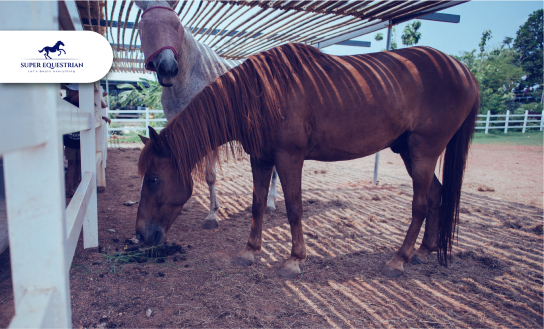
Common Equine Diseases and How ...
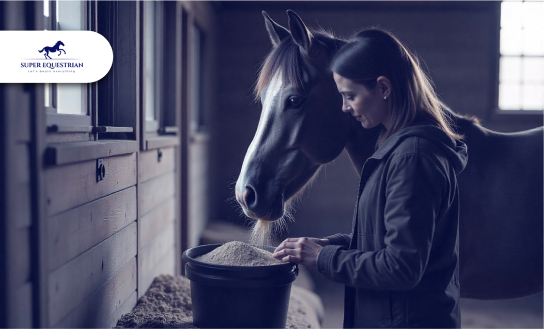
Equine Health Supplements: What Every ...
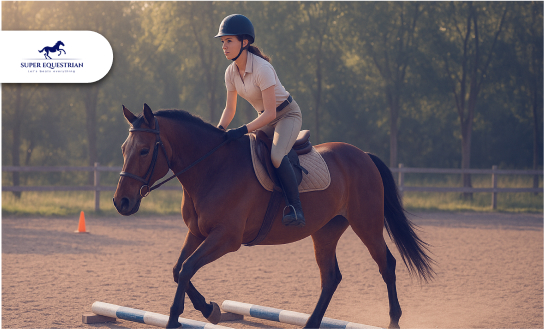
Jumping Basics: How to Prepare ...
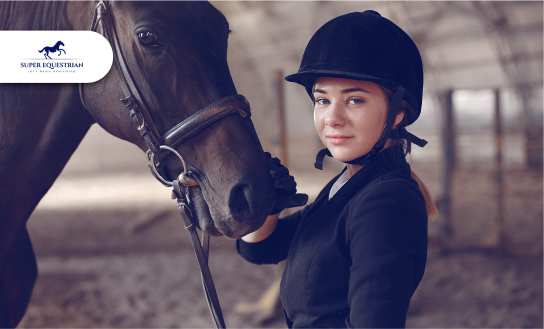
Essential Horse Riding Gear for ...
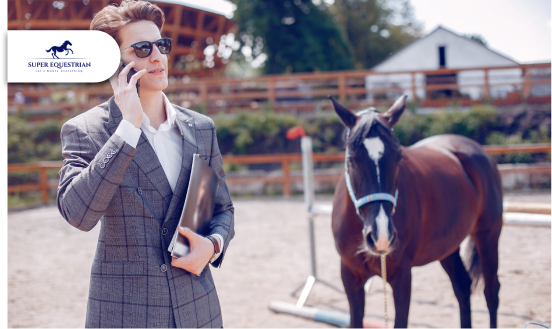
How to Balance Work, Life, ...

How to Balance Work, Life, ...
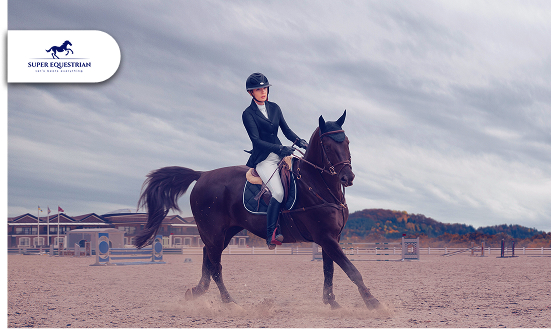
Top 5 Exercises to Improve ...
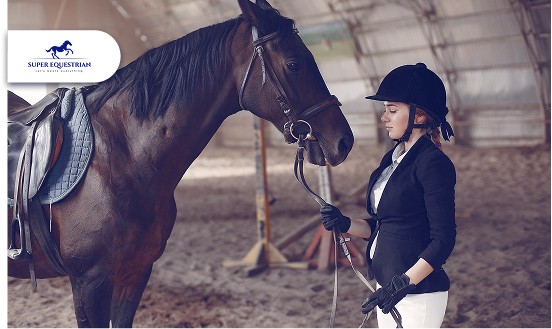
How to Build Confidence as ...
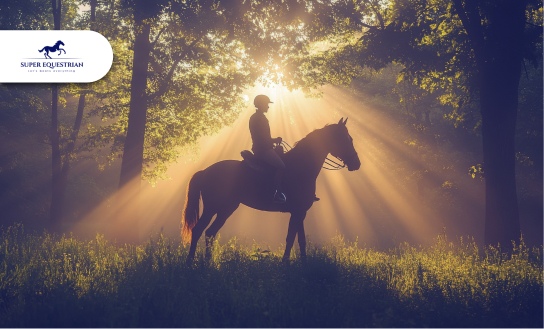
Spotlight on Equestrian Legends: Riders ...

Horse Auctions and Sales...

Top Horse Friendly Travel Destinations ...

How to Build Stronger Bonds ...

Upcoming Horse Shows and Competitions ...

MIPS Equestrian Helmet The Future ...
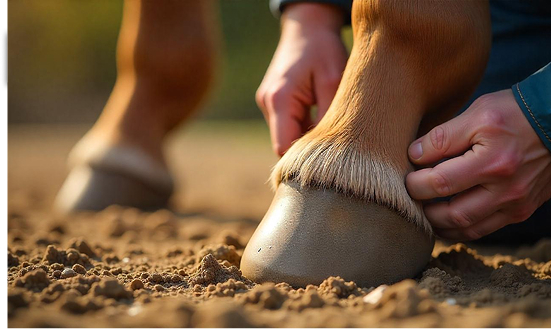
How to Recognize and Treat ...
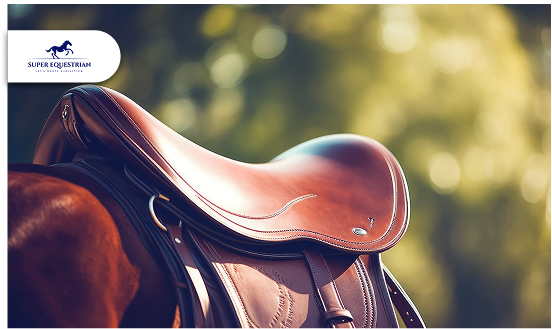
How to Choose the Perfect ...
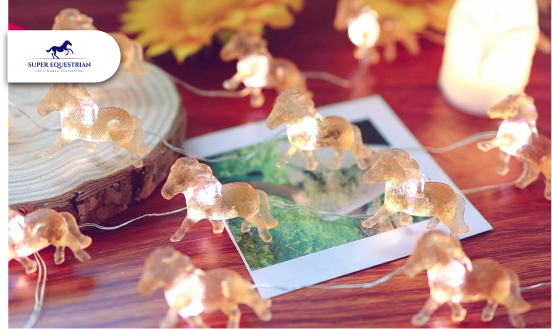
Horse-Themed Gifts Unique Ideas ...
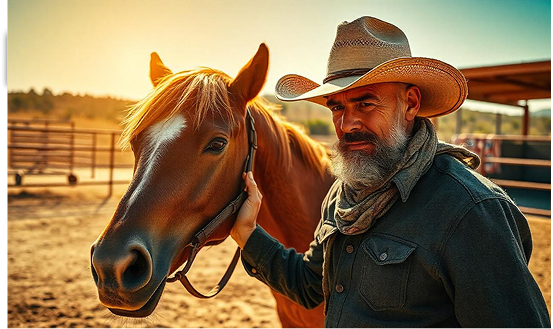
Horse Training Techniques: Creating A ...
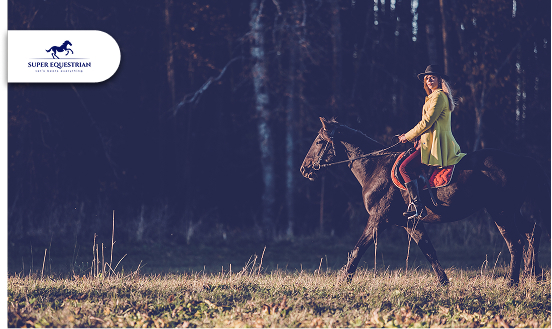
Horseback Riding Lessons – Everything You ...
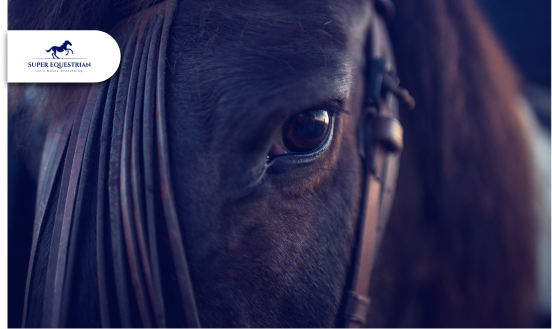
Horse Photography Tips: Learn the ...
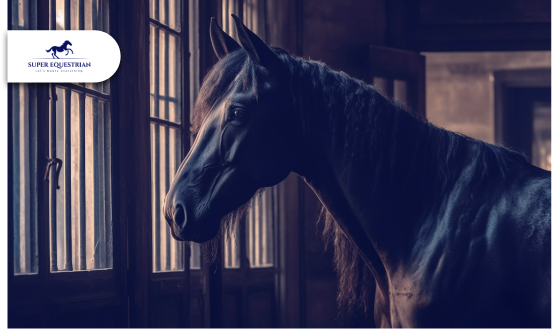
Horse Stable Management: The Quiet ...
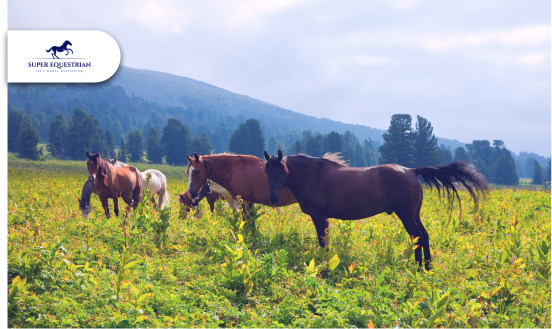
Horse Rescue Organizations: A Profound ...
Horse Racing Events A Look ...
Best Horse Manure Fork Six ...
What Are The Rarest Horses ...
What Does It Mean When ...
Horse Insurance Providers This Is ...

Horse Behaviour and Psychology: Learn ...

How Much Does a Horse ...
.jpg)
Best Monoflap Saddles For Your ...
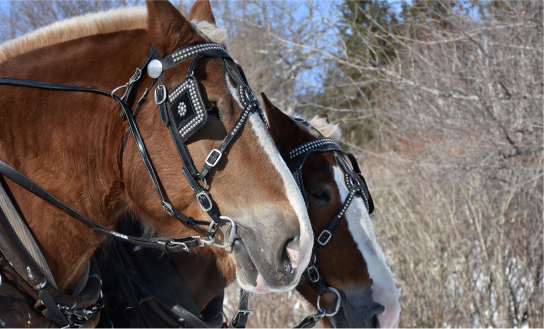
Best Hackamore For Barrel Racing...
.jpg)
Best Barrel Racing Reins Top ...
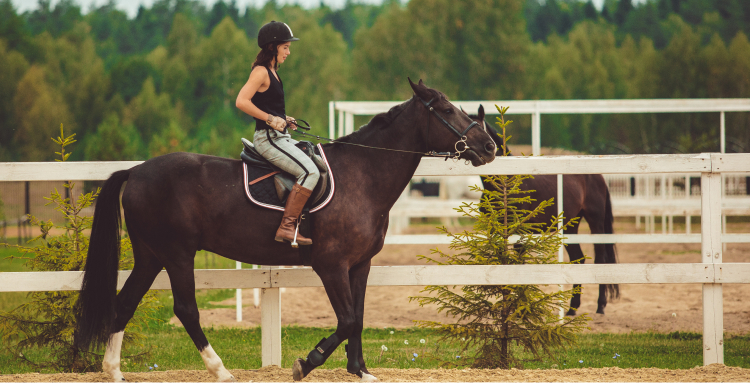
Horse Anatomy And Physiology: Facts ...
.jpg)
Best Stirrups For Ankle Pain - ...
.jpg)
Horse Care Tips and Tricks: ...
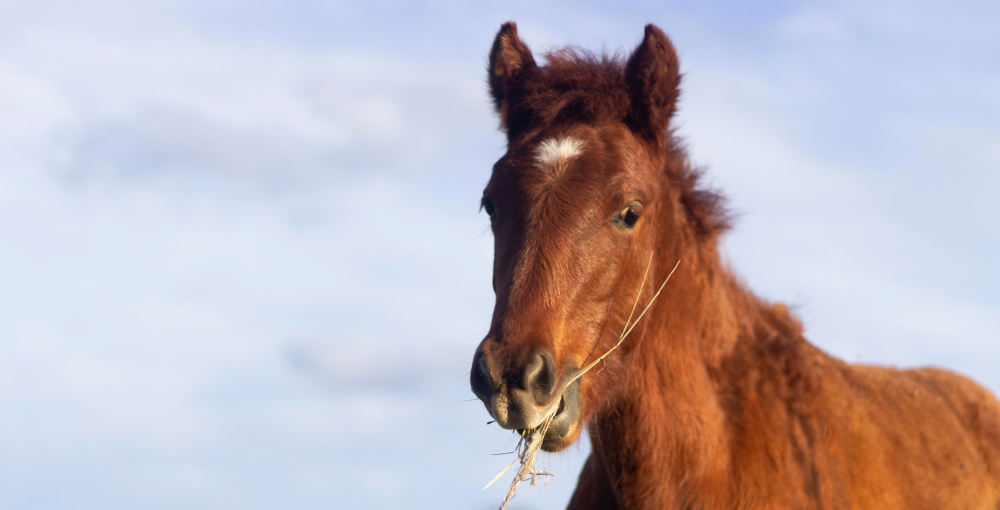
What Do Wild Horses Eat- ...
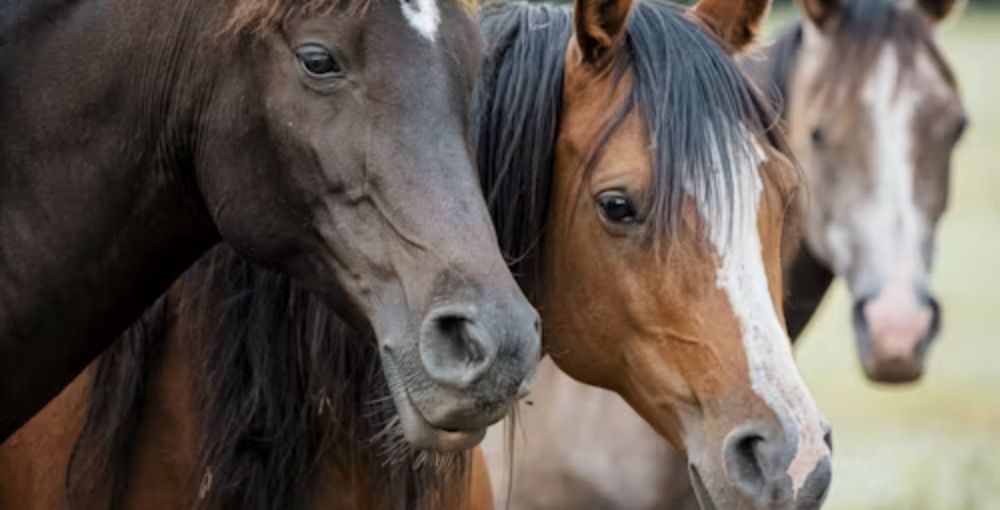
Horse Breeds and Characteristics: How ...
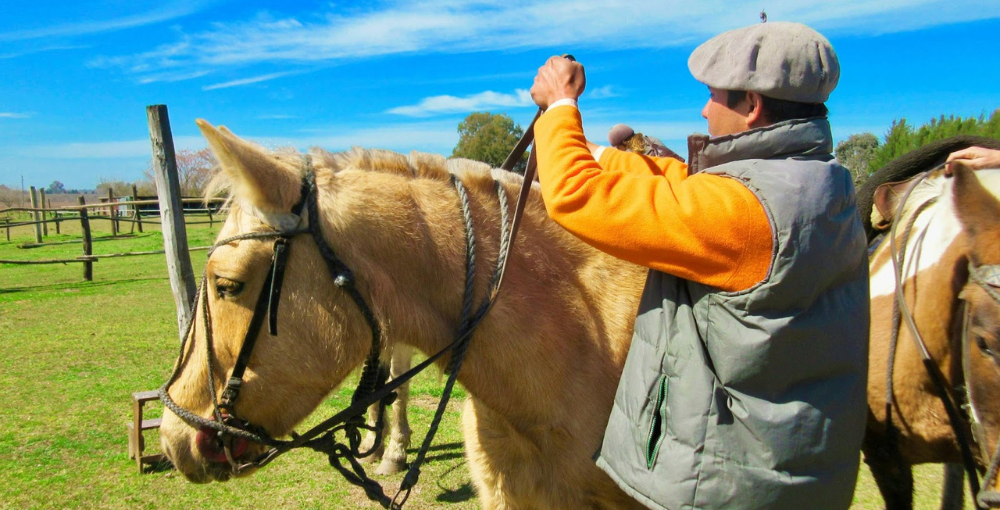
Best Barrel Racing Reins - Top ...

Horse Breeds and Characteristics: How ...
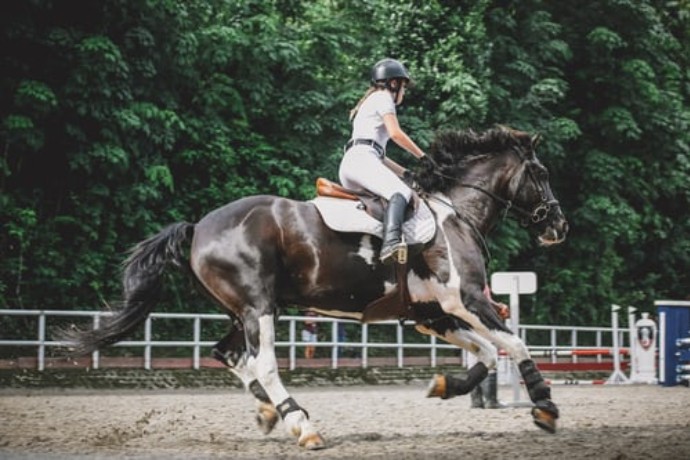
Best Breeches For Curvy Riders...
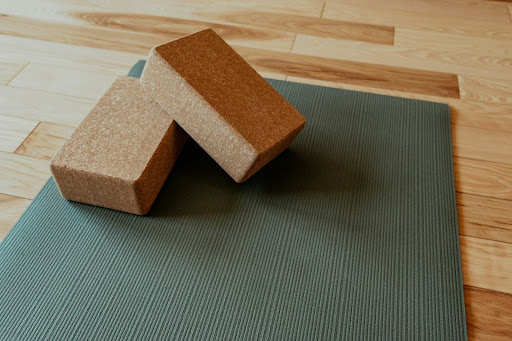
Best Stall Mats For Horses - ...

Best Horse Brushes ( A Thread ...

Best Saddle Rack ( Keep Your ...

Best Bit For Training a ...
.jpg)
10 Morgan Horse Show Held ...
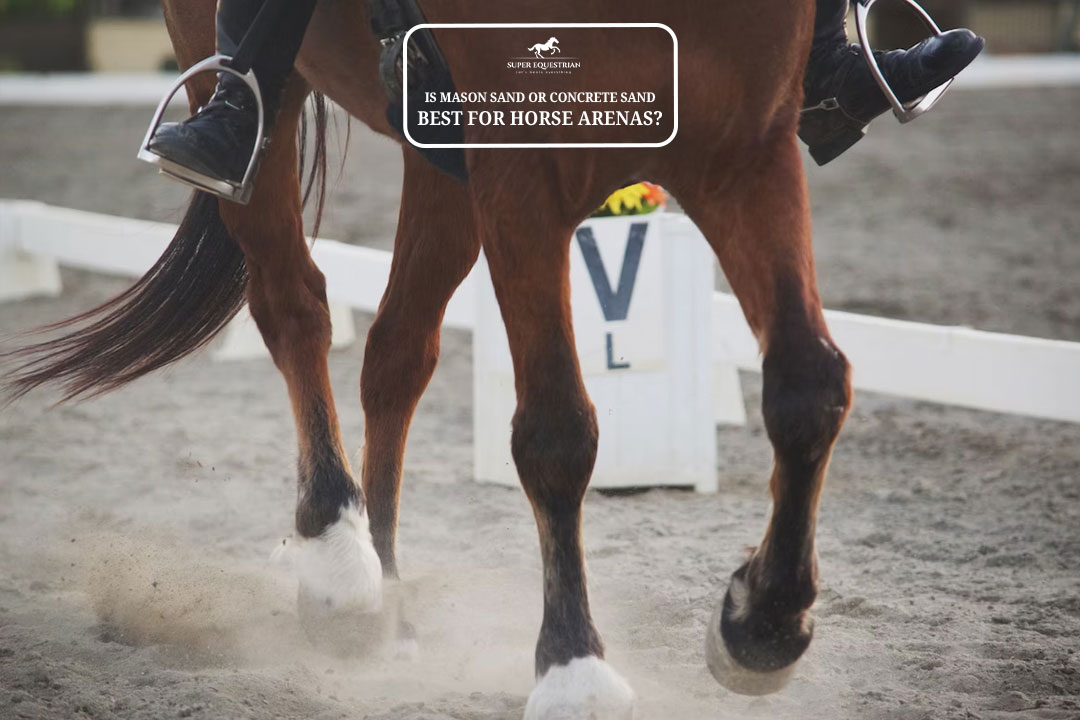
Is Mason Sand Or Concrete ...
.jpg)
Best Girth For Your Horse ...
.jpg)
Ranch Cutter vs Cowhorse Saddle? ...
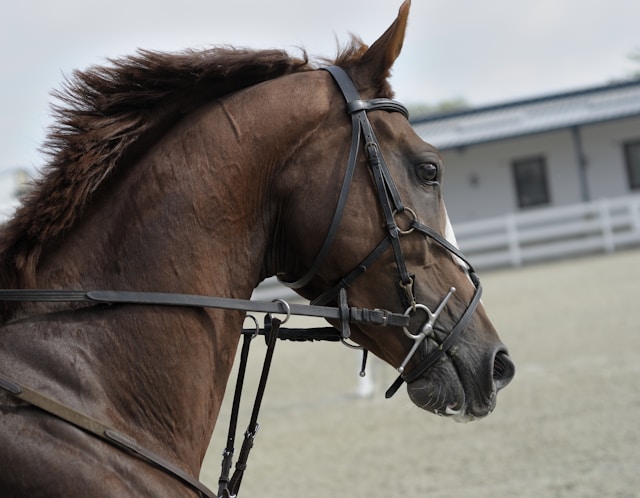
Types of Horse Bit and ...
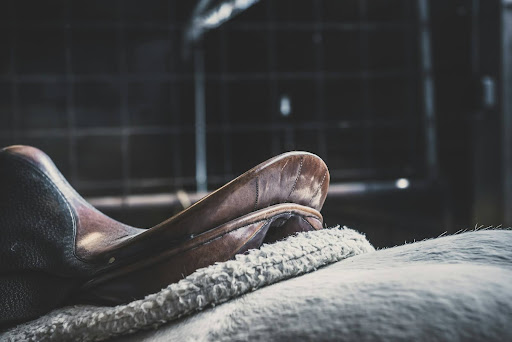
Is Hilason a Good Saddle ...
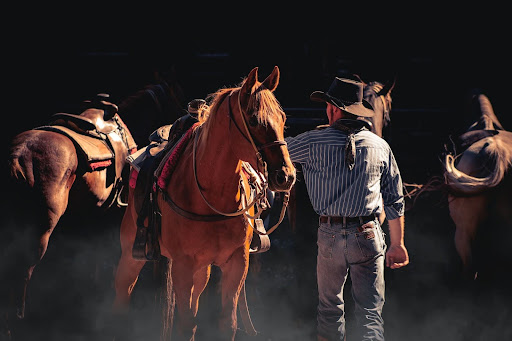
How to choose a bit ...
.jpg)
Best Salt Blocks For Horses...
.jpg)
Types of Horse Brushes (Equine ...
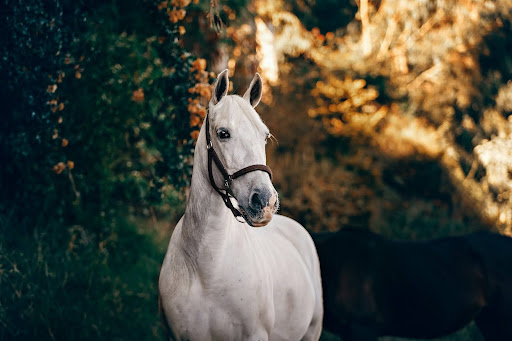
How To Get a Horse ...
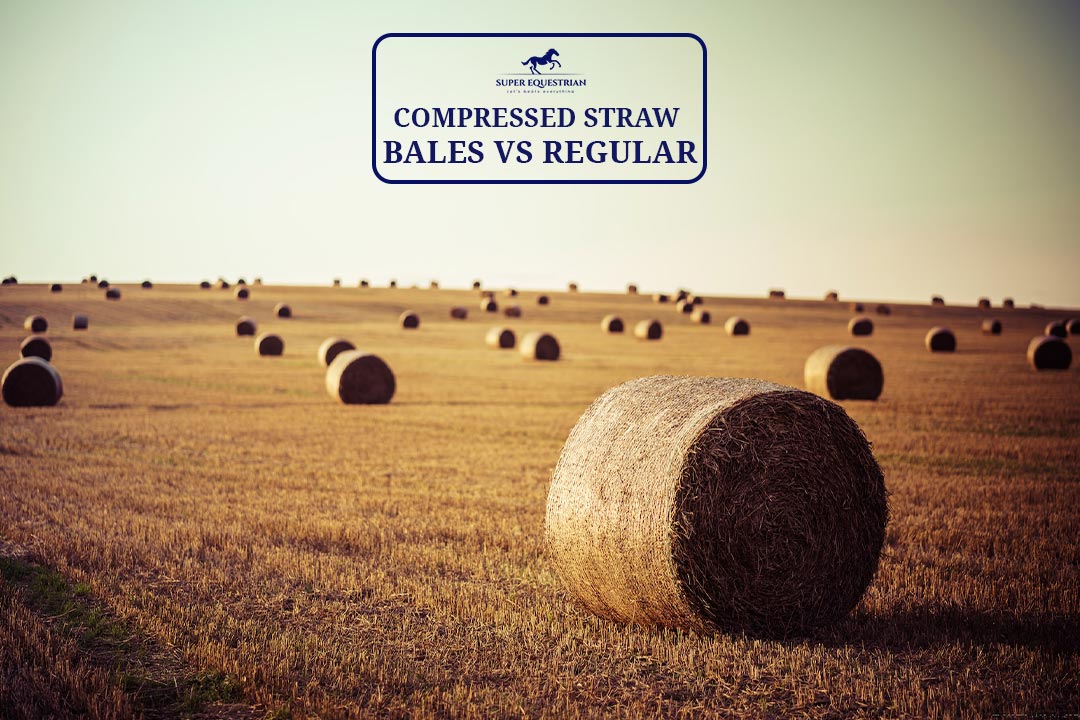
Compressed Straw Bales Vs Regular? ...
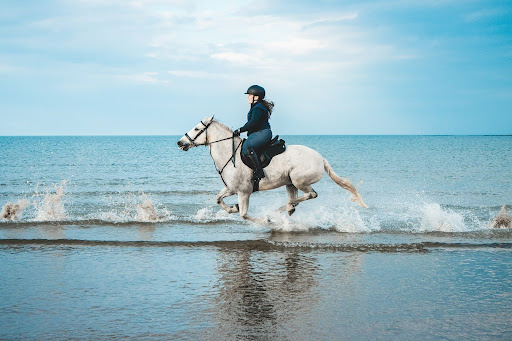
Horse Riding Lessons For Intermediate ...
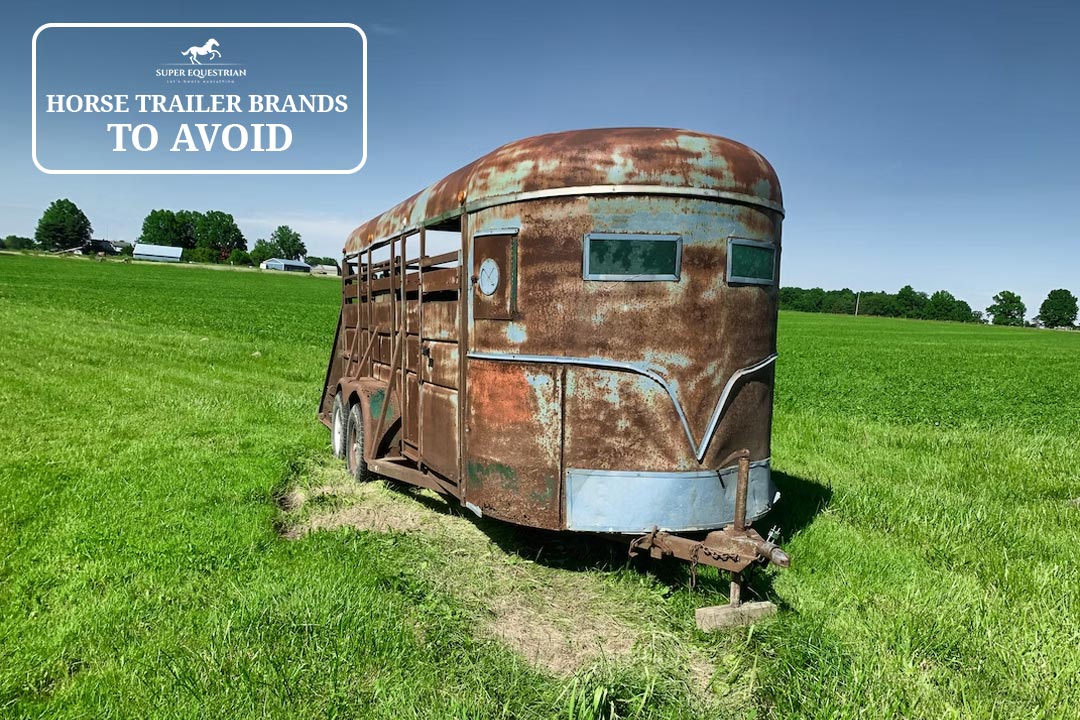
Horse Trailer Brands To Avoid...

Strawberry Roan vs Red Roan? ...
.jpg)
Gelding vs Stallion...
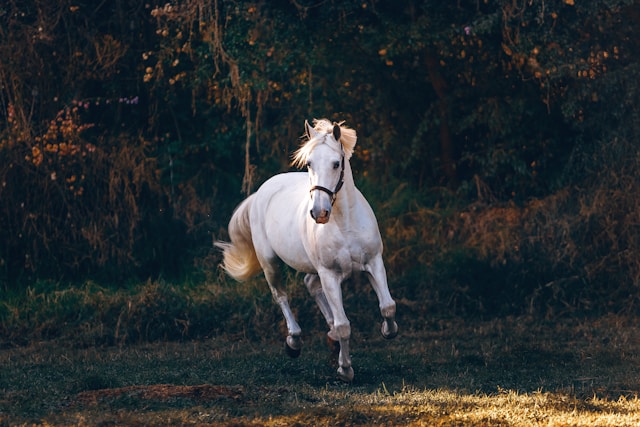
Why Does a Horse Whinny? ...
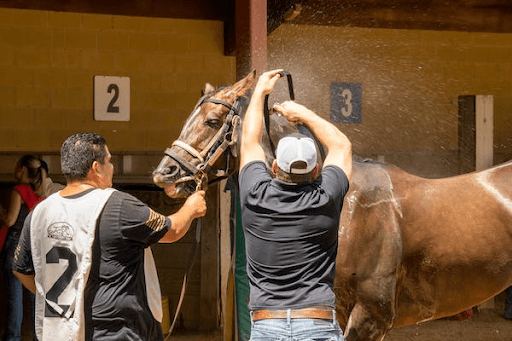
How to Clean a Rusty ...
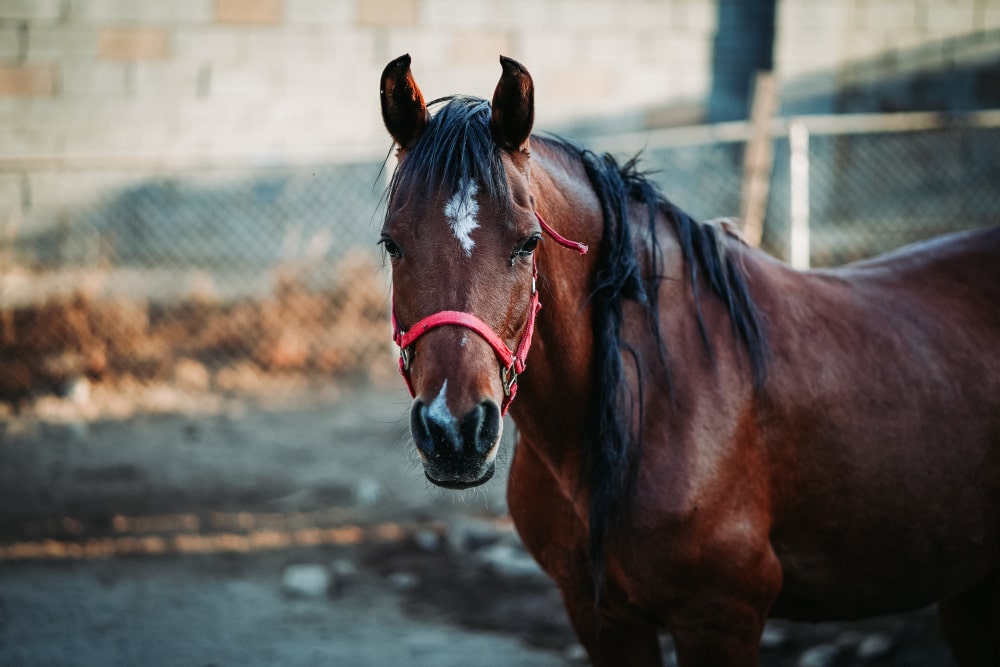
Why Do Horses Foam at ...
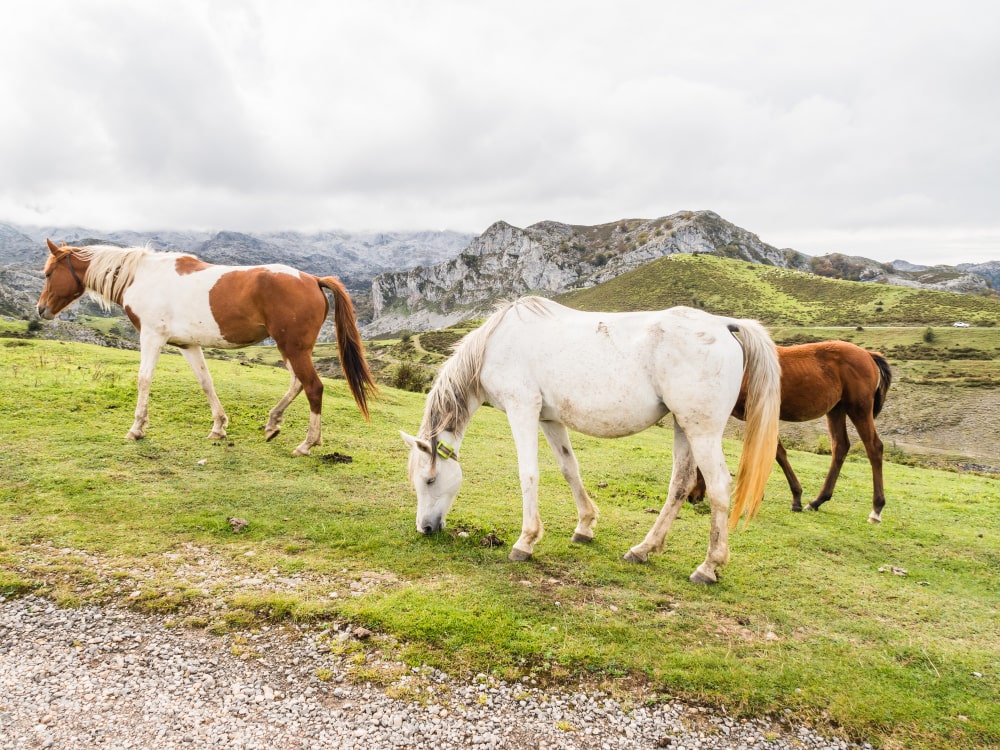
Why Do Horses Bob Their ...

Nutrition Unveiled: Triple Crown Senior ...
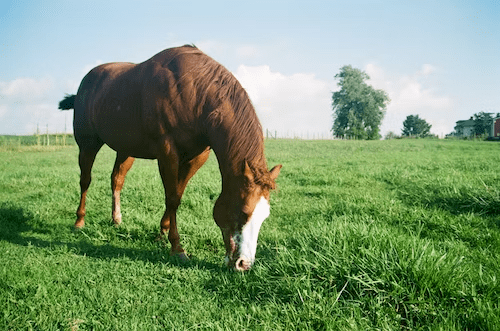
Pasture Pro Vs. Grazon: Horse-...
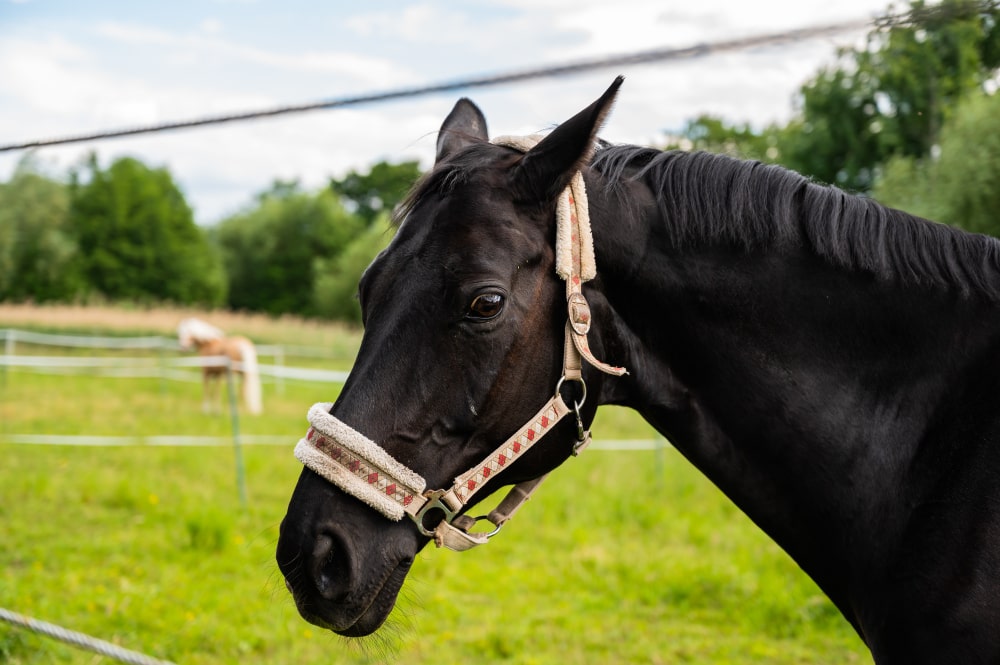
Dutch Gag Vs. Pelham: Bits ...
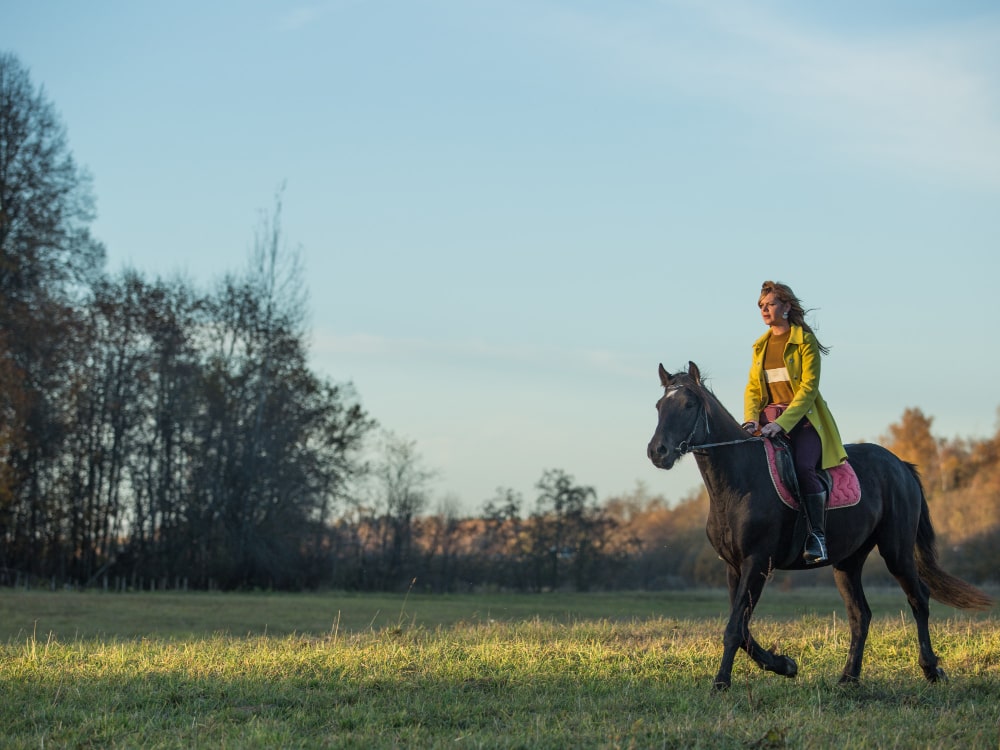
Walking Horse vs Racking Horse: ...
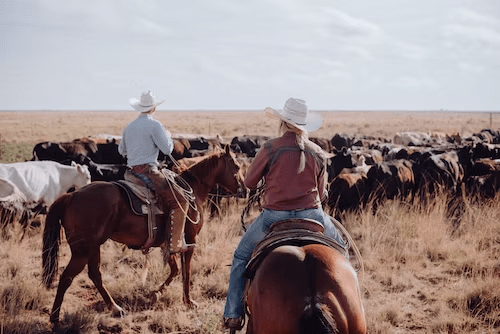
Wade vs Association Saddle: Your ...
.jpg)
Step Up vs Ramp Horse ...

Bosal vs Hackamore: A Head-...
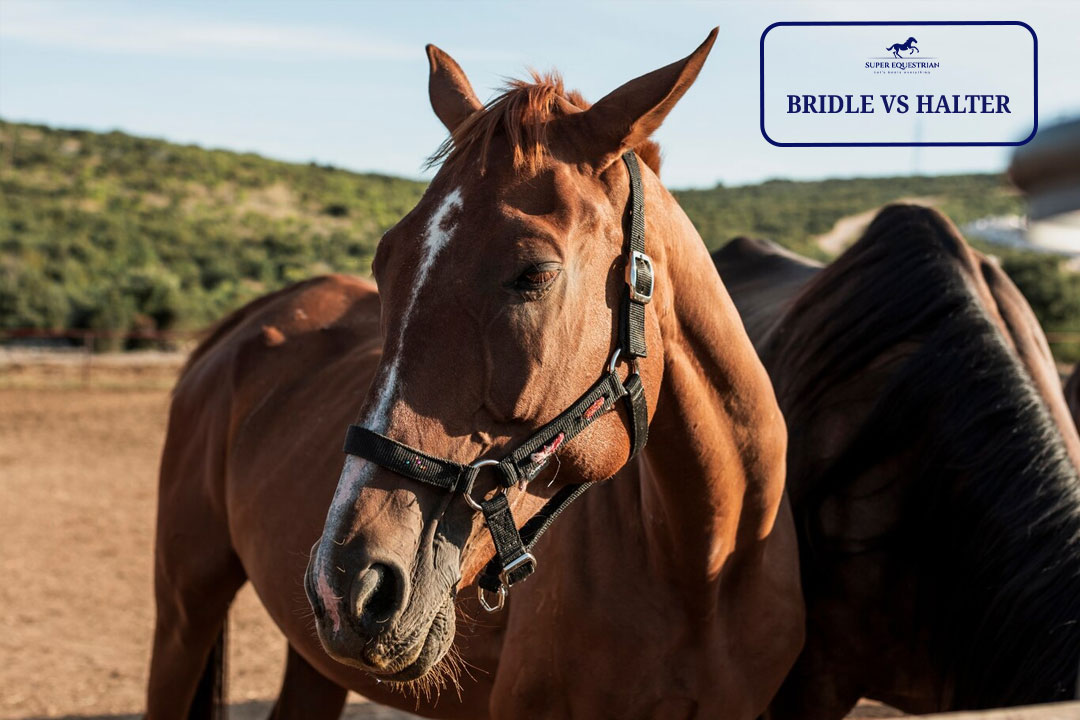
Bridle Vs Halter: Which One ...

Paddock Boots Vs Riding Boots: ...

Shadow Horse Trailer Problems: Causes, ...
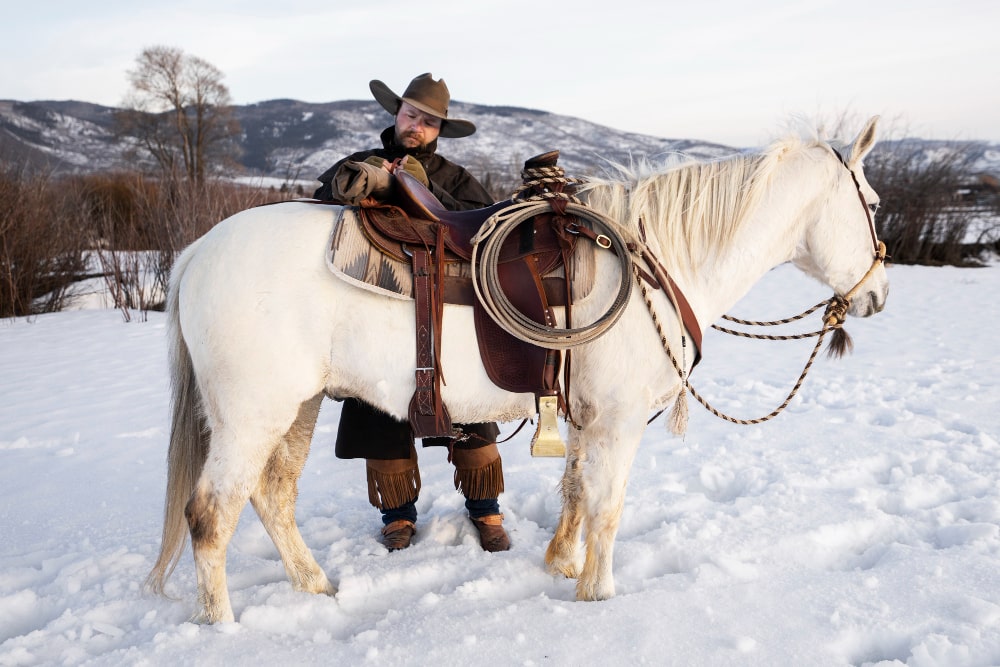
Are Billy Cook Saddles Good - ...

Let's Start at the ...
Benefits of Beet Pulp for ...
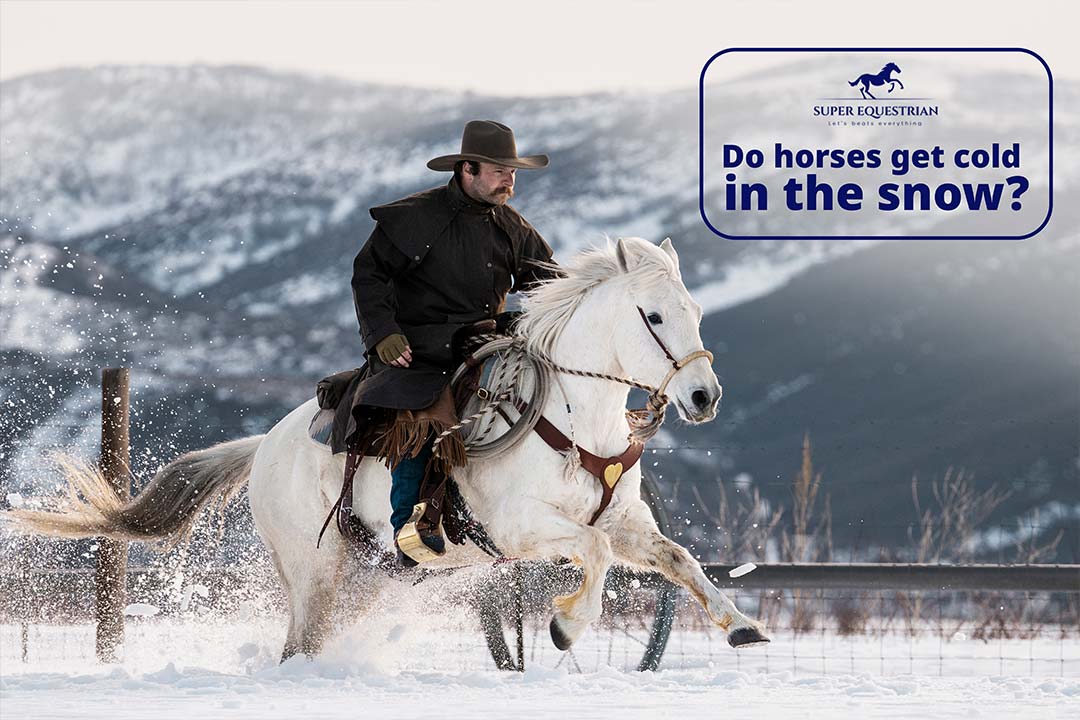
Do horses get cold in ...
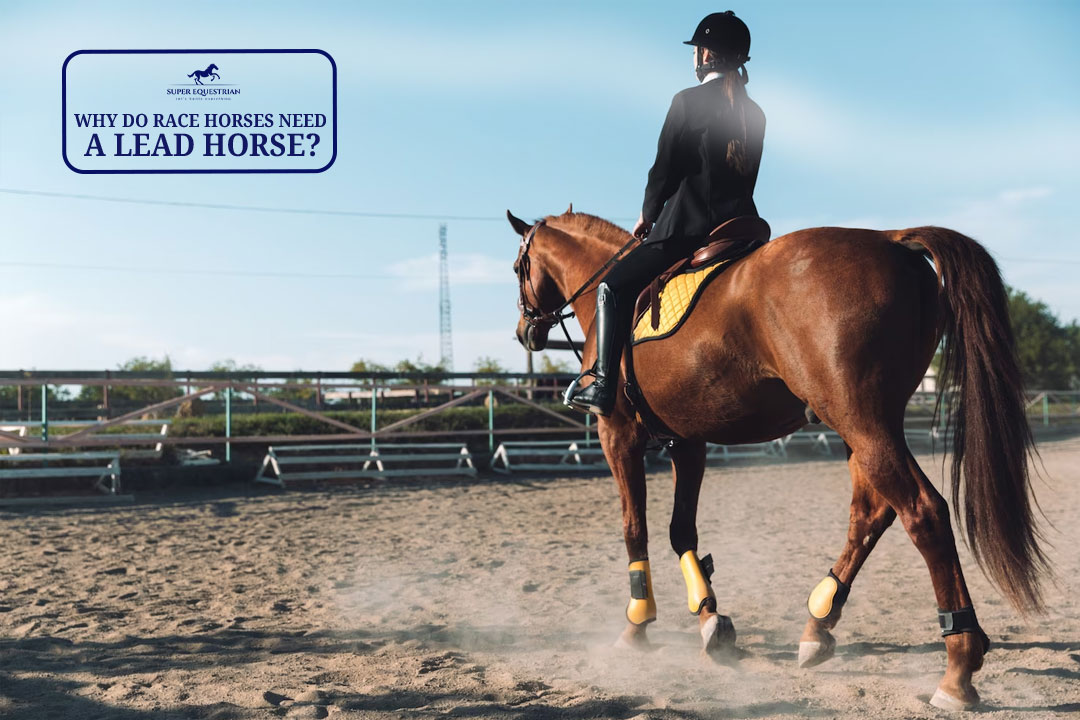
Why Do Race Horses Need ...
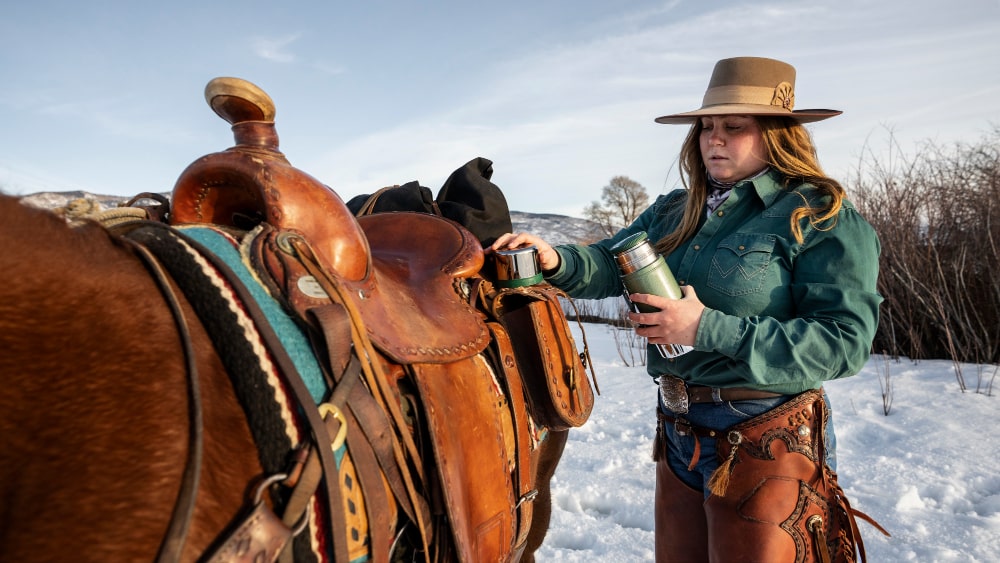
Ranch Saddle vs. Roping Saddle: ...

Round Pen vs Square Pen ...

Must Have Horse Trailer Accessories: ...
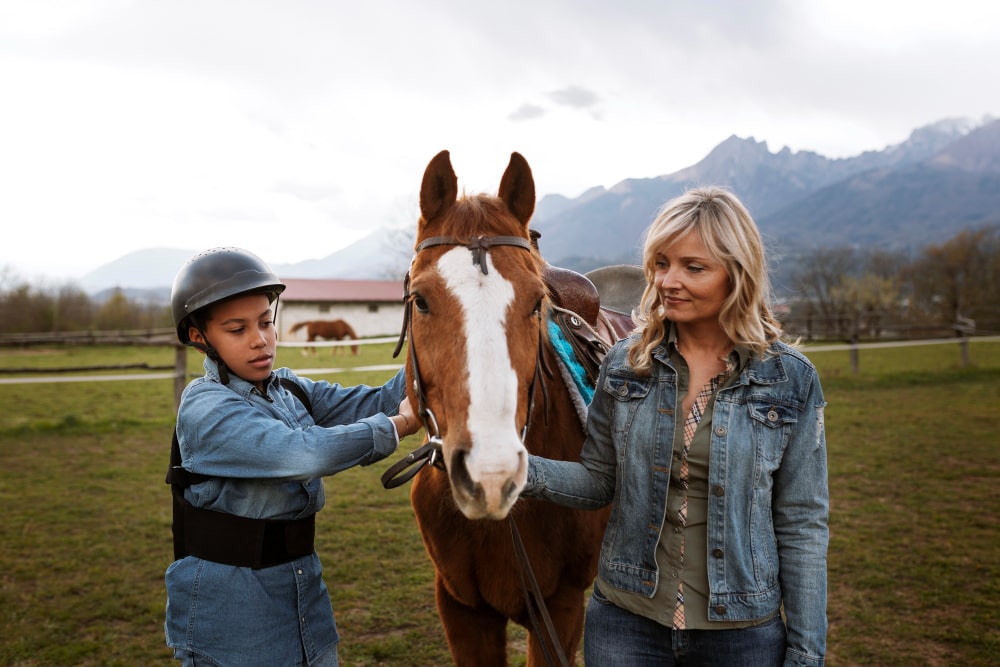
Is MIPS Worth for Equestrian?...
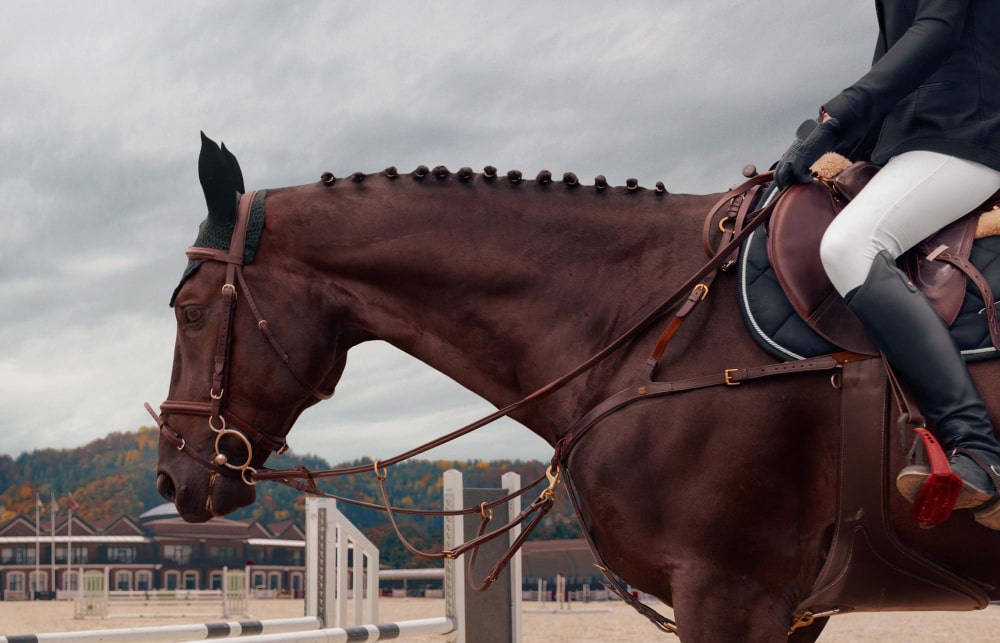
Natural Horsemanship vs Positive Reinforcement: ...

How to Mount a Horse ...
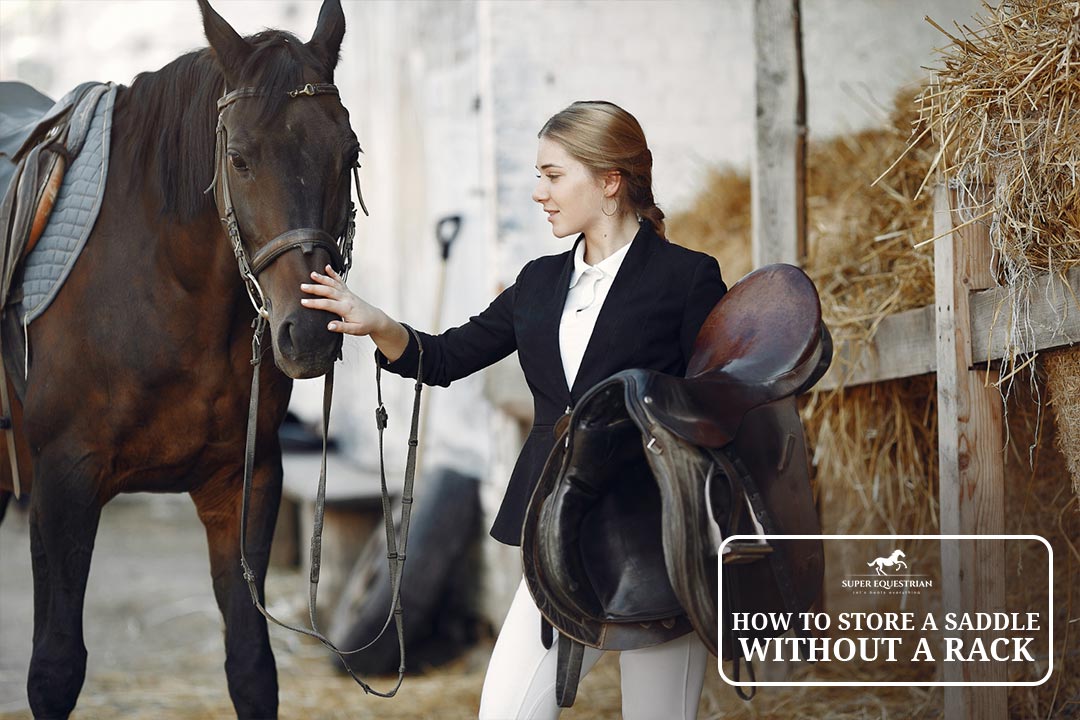
How to Store a Saddle ...
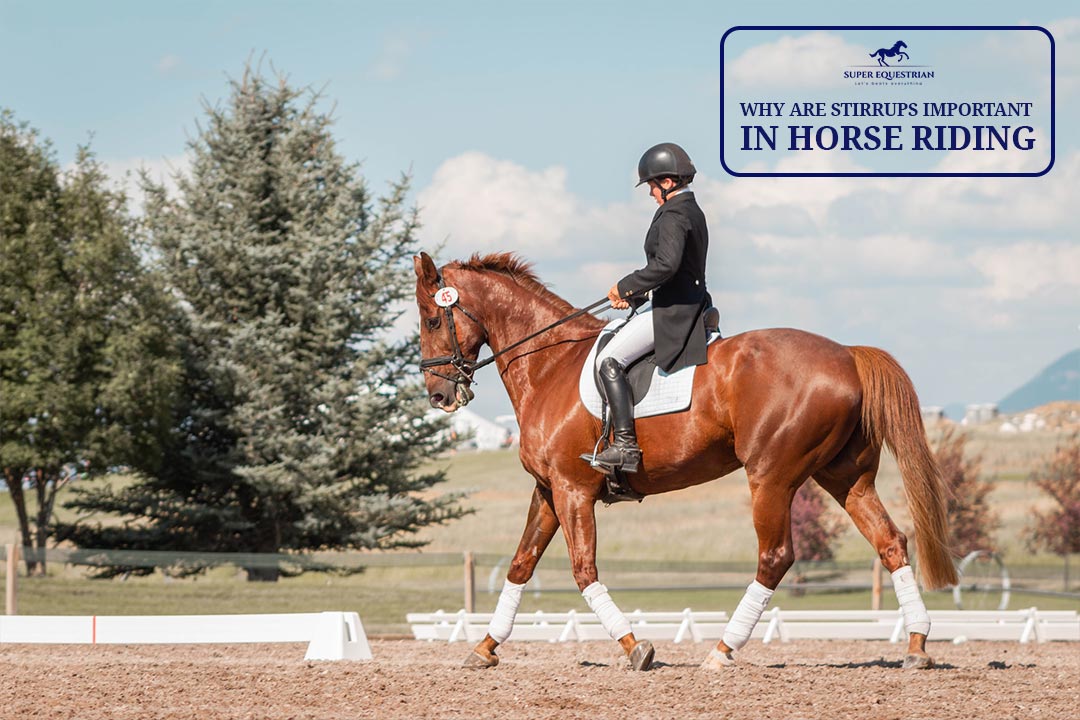
Why are Stirrups Important in ...
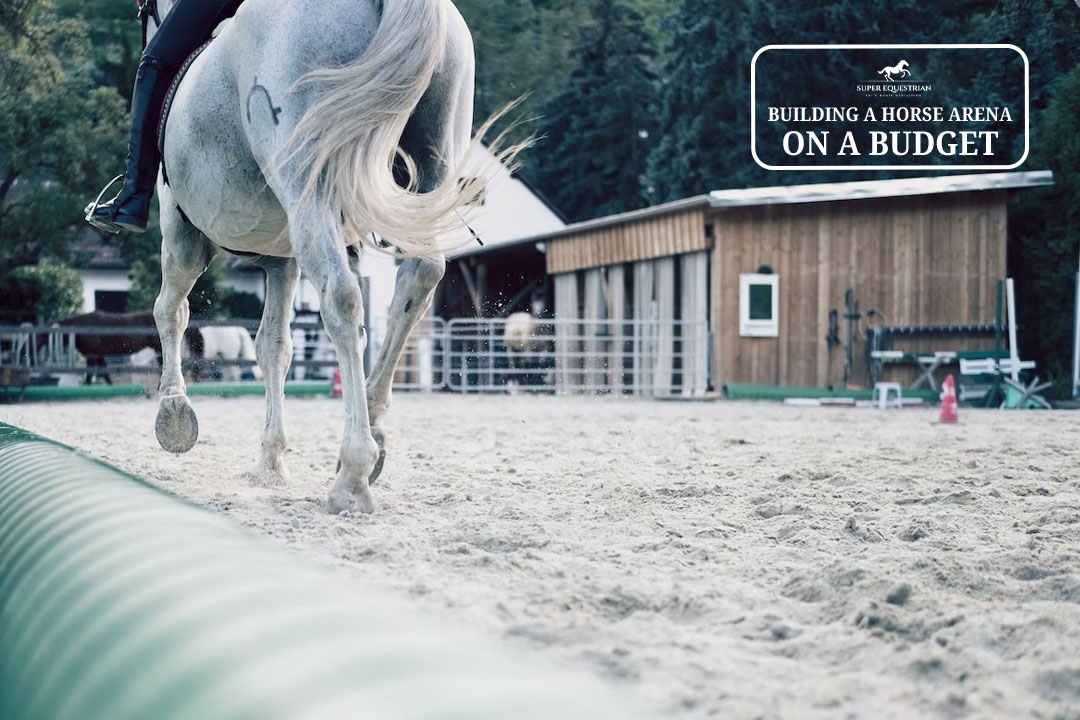
Building a Horse Arena on ...

How to Make Horse Treats ...

Order of Grooming a Horse...

Horse Riding Lessons Plan: The ...

Horse Trailer Roof Replacement and ...
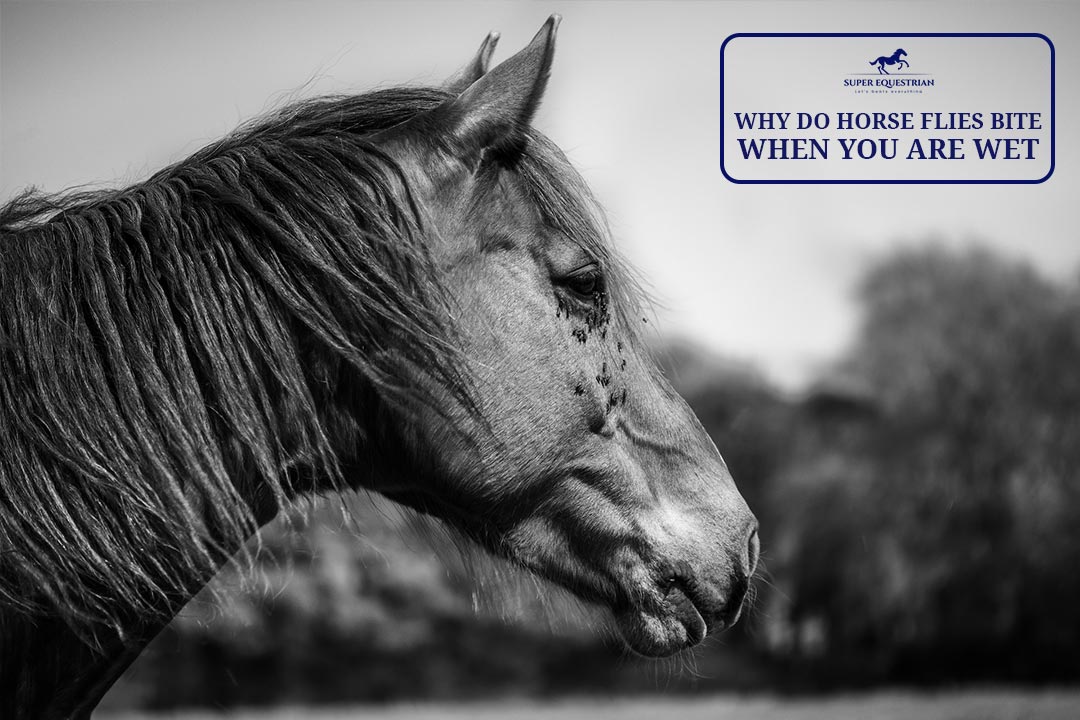
Why Do Horse Flies Bite ...
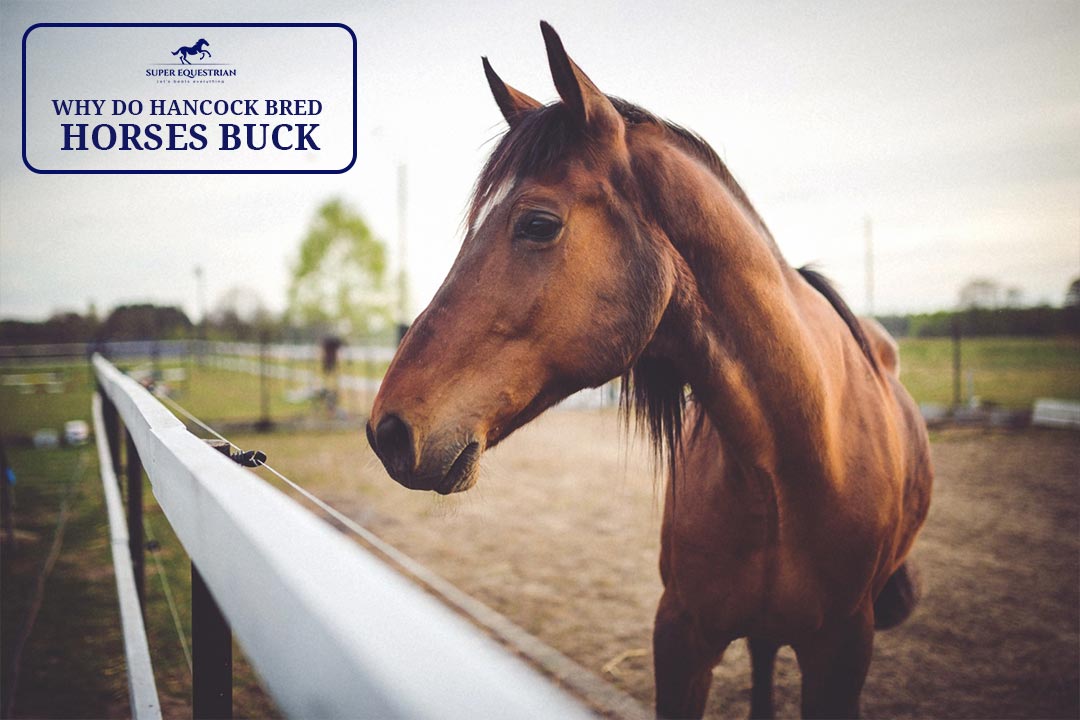
Why Do Hancock Bred Horses ...

Quarter Horse Bloodlines to Avoid...
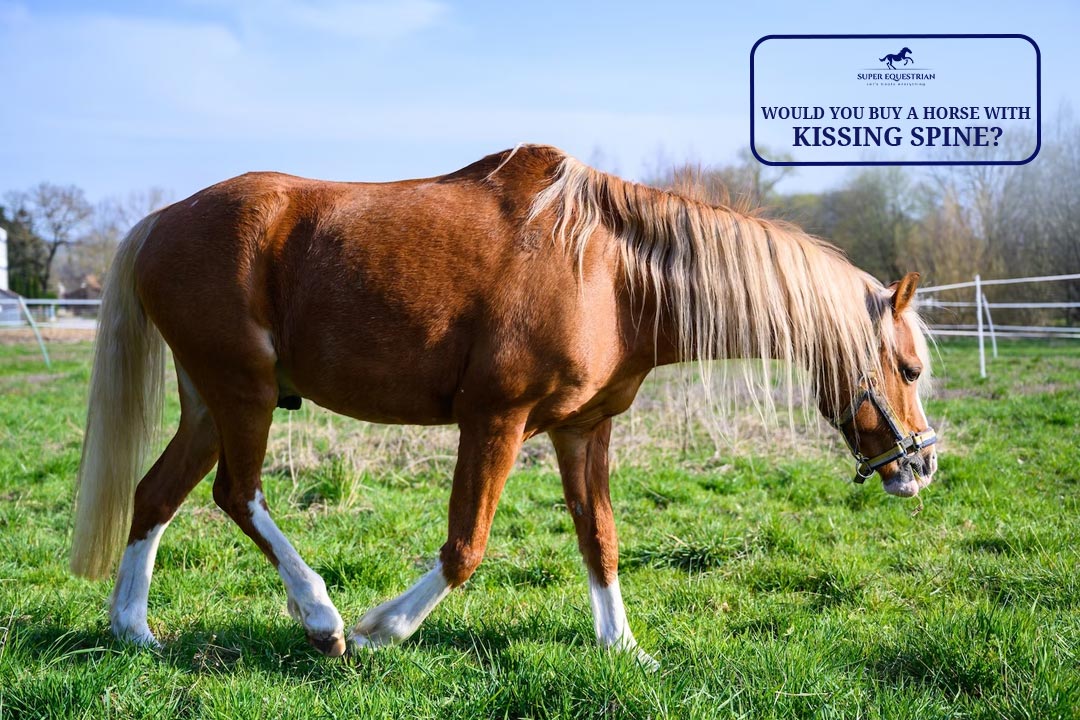
Would You Buy a Horse ...
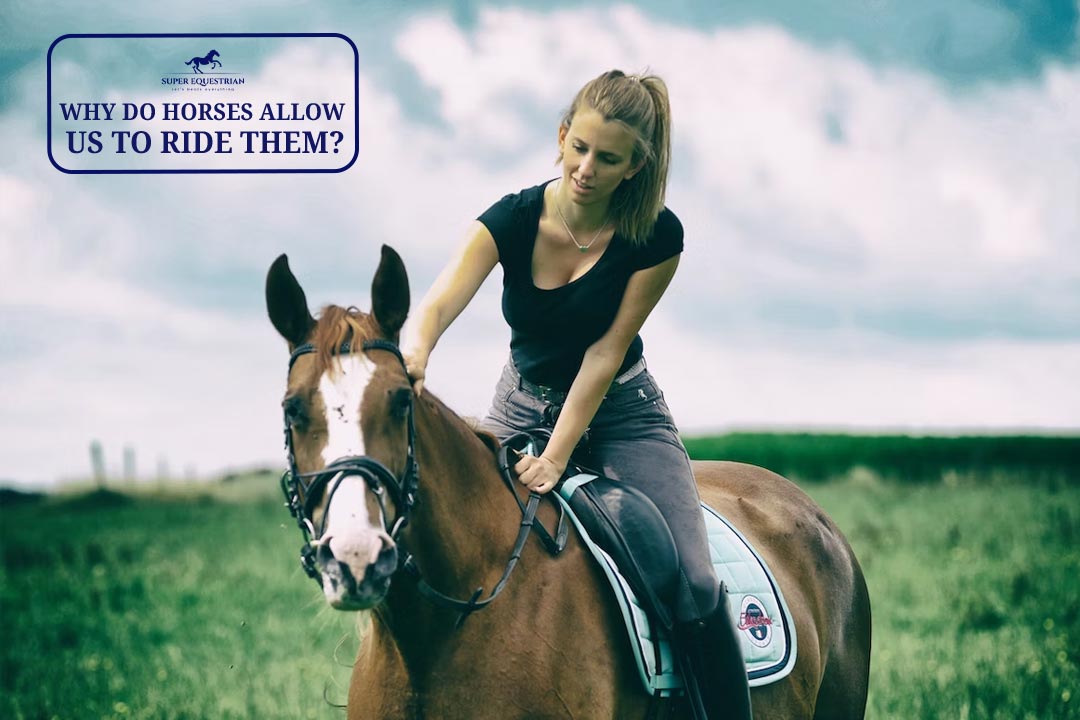
Why Do Horses Allow Us ...
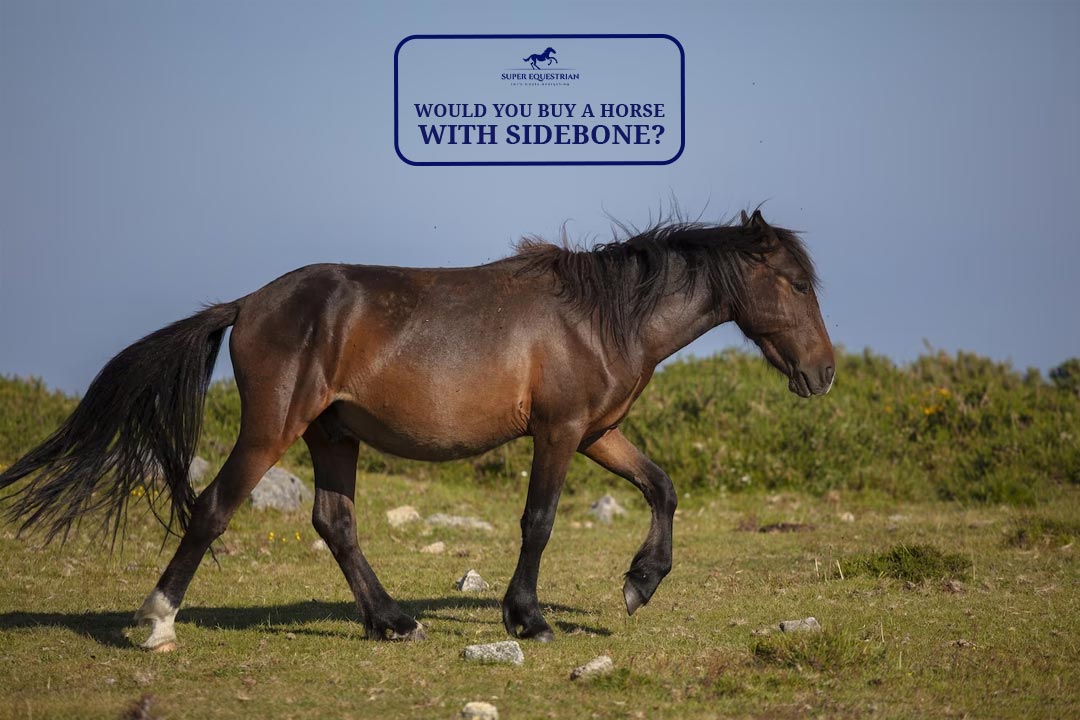
Would you buy a horse ...

Why Are Klapper Bits So ...
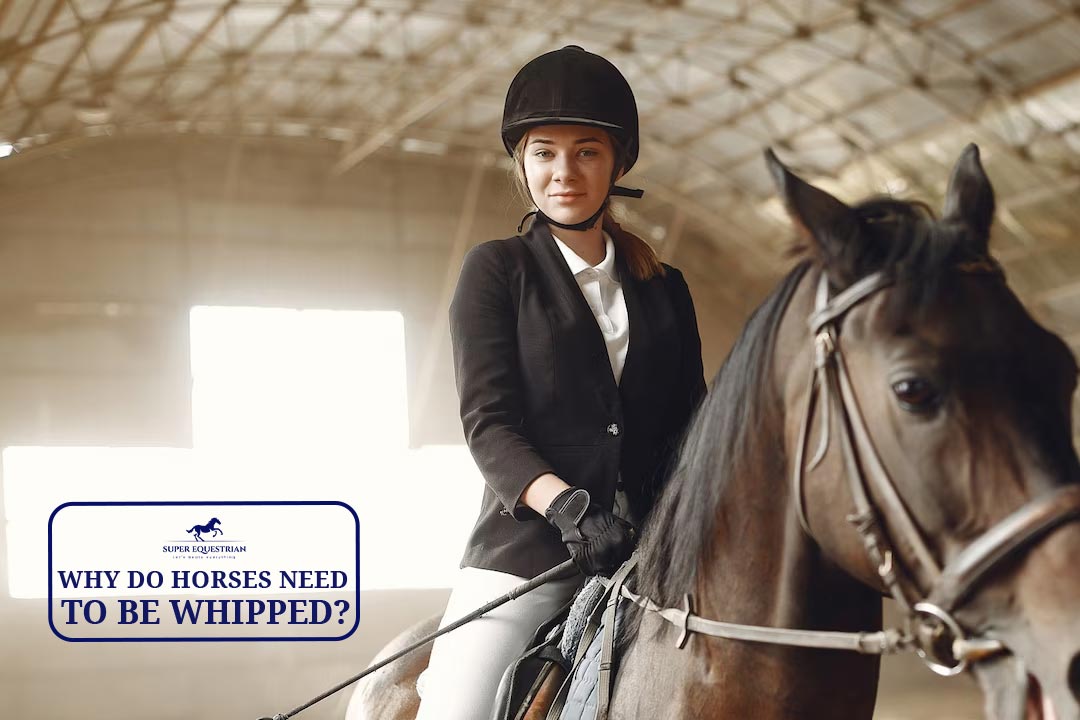
Why do horses need to ...

Why do you mount a ...
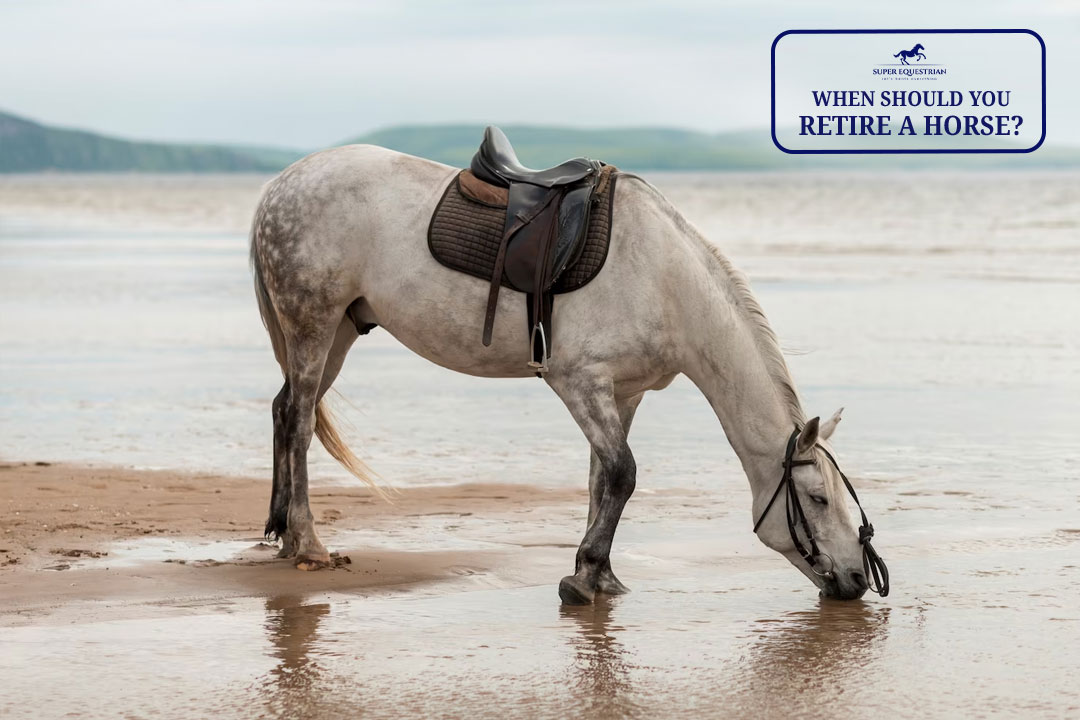
When Should You Retire A ...
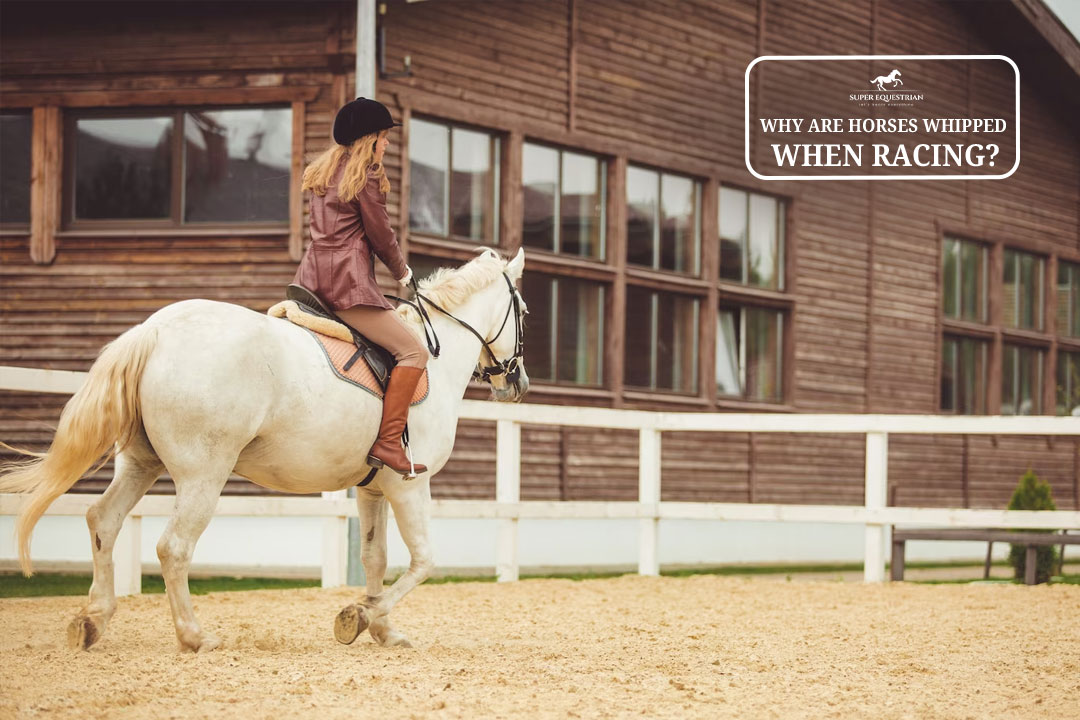
Why Are Horses Whipped When ...
.jpg)
Why Do Horses Have A ...
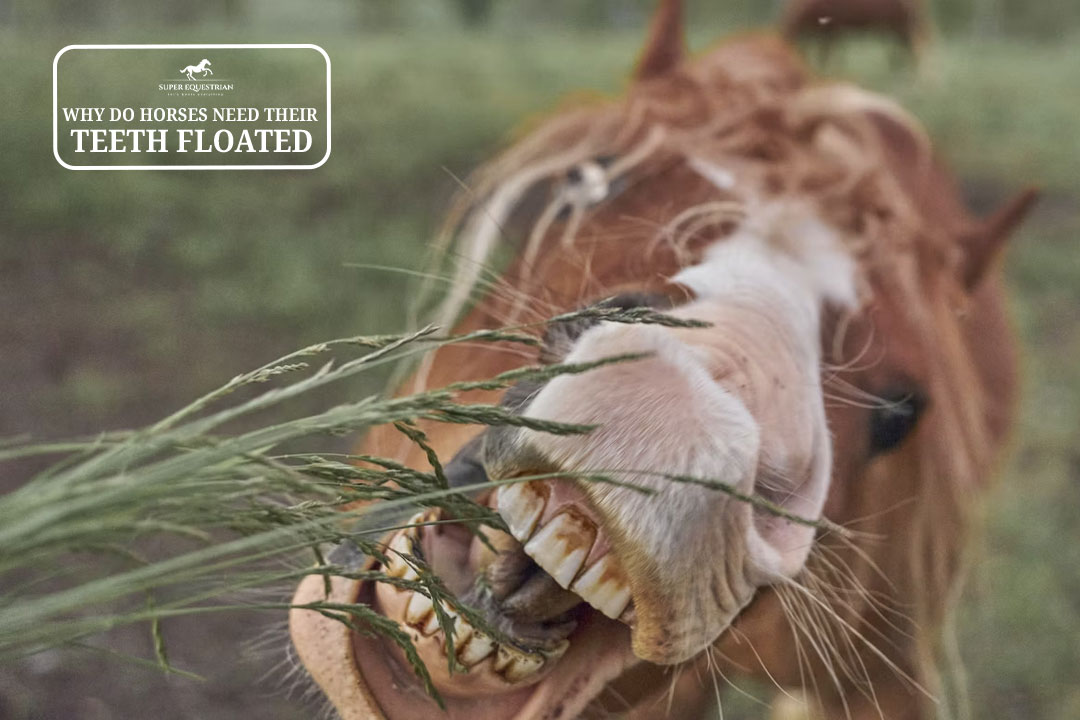
Why Do Horses Need Their ...

What To Do If Horse ...

What To Do If A ...
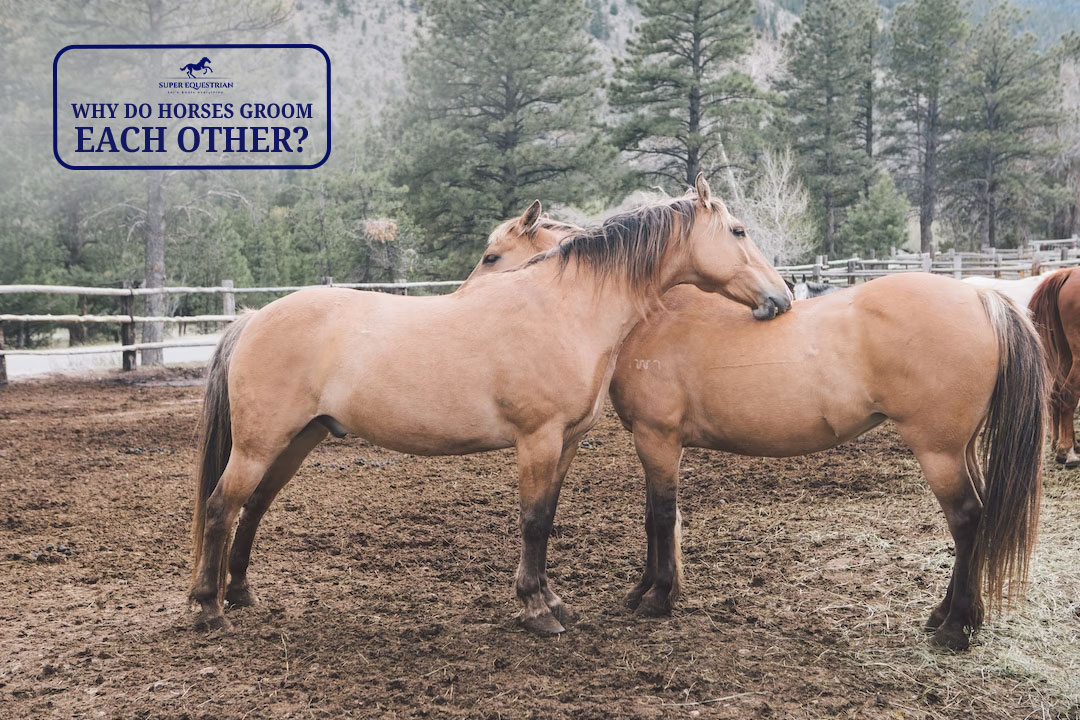
Why do horses groom each ...
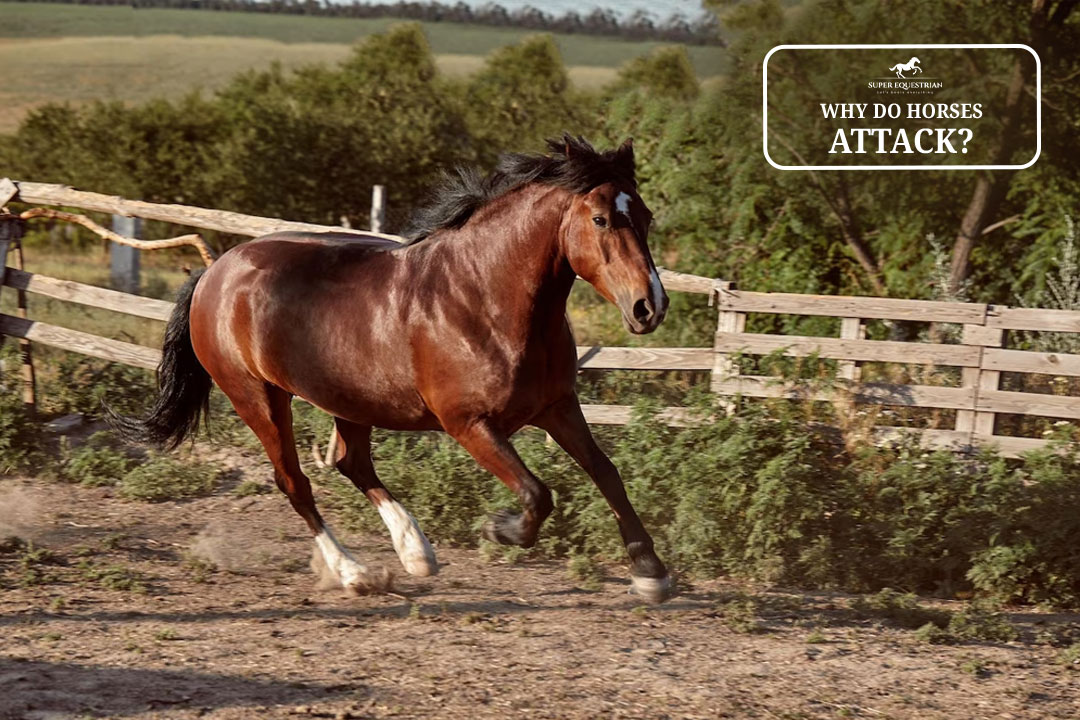
Why do horses attack...

Should I Use a Martingale ...

How to fit bell boots ...
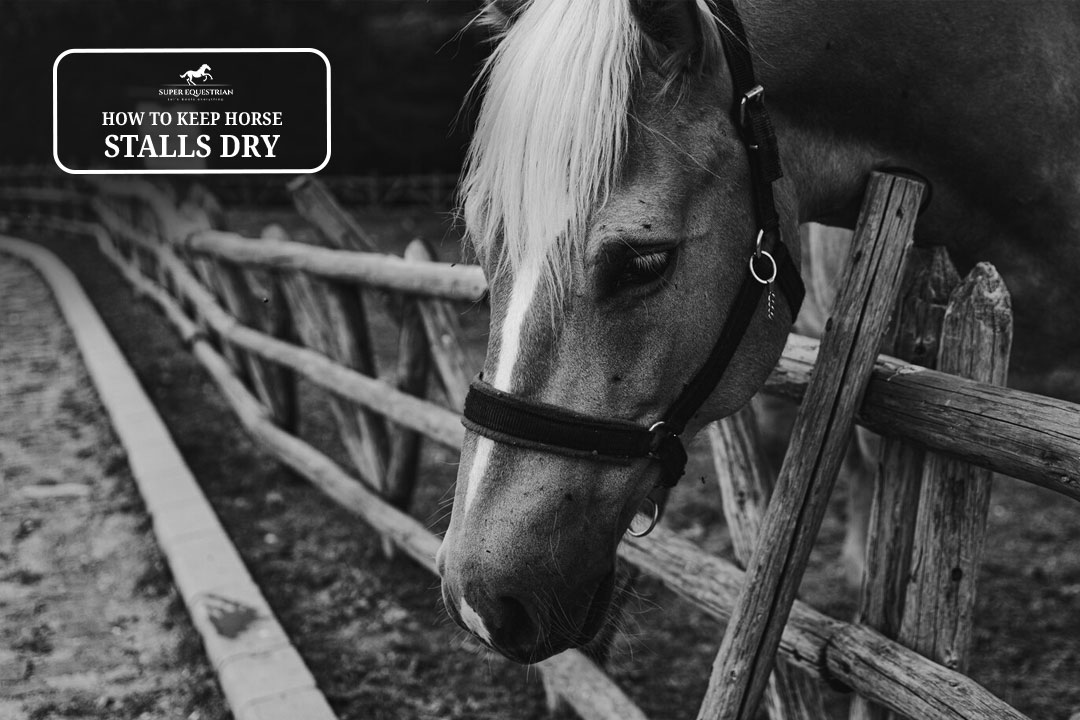
How To Keep Horse Stalls ...
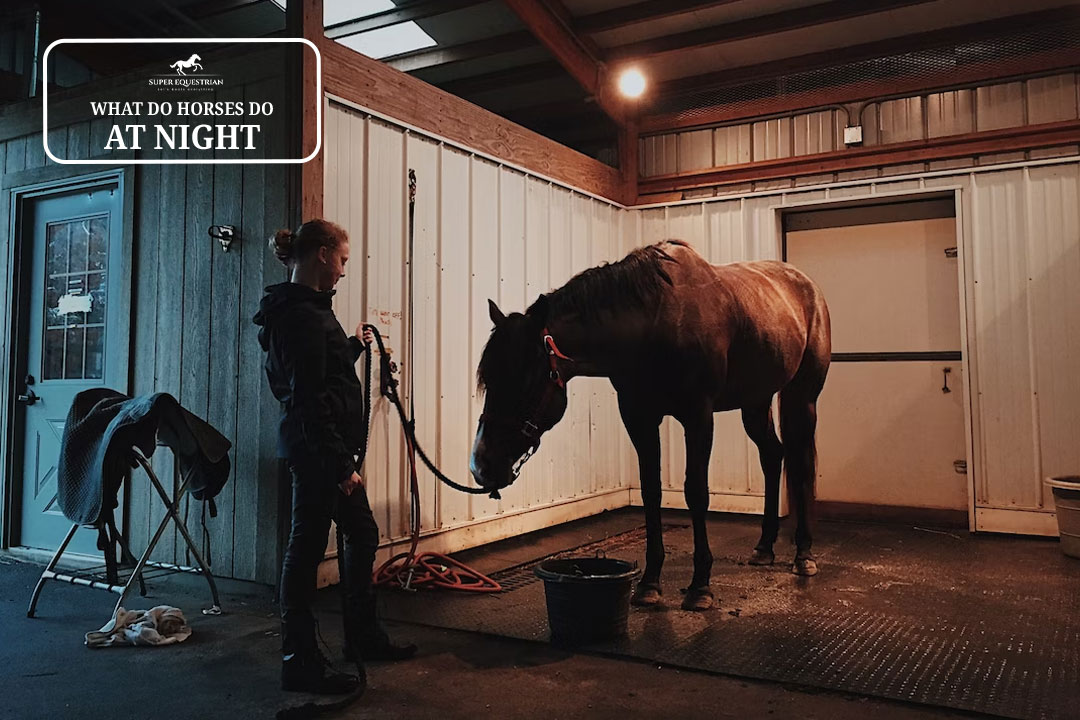
What Do Horses Do At ...
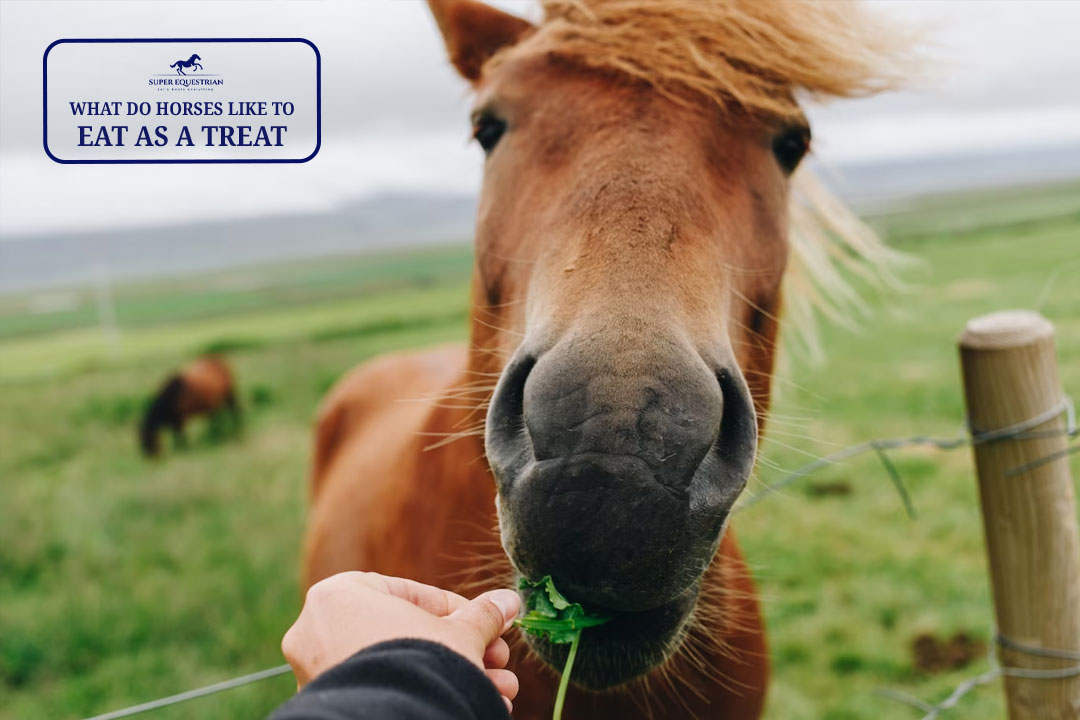
What do horses like to ...

Why do wild horses get ...
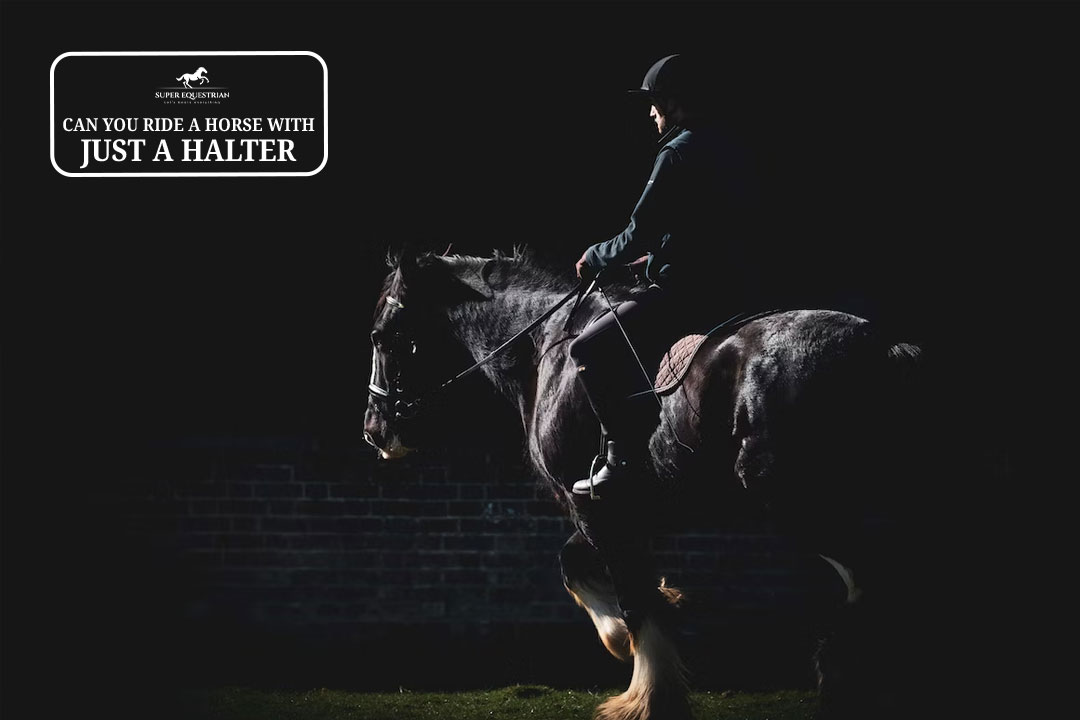
Can you ride a horse ...
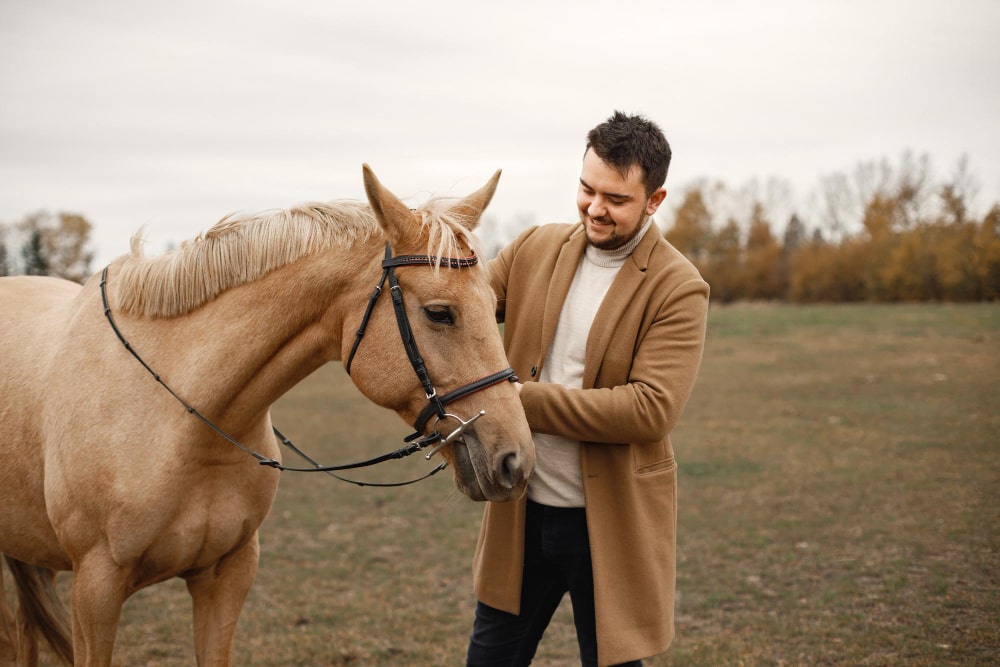
Are horses protective of their ...
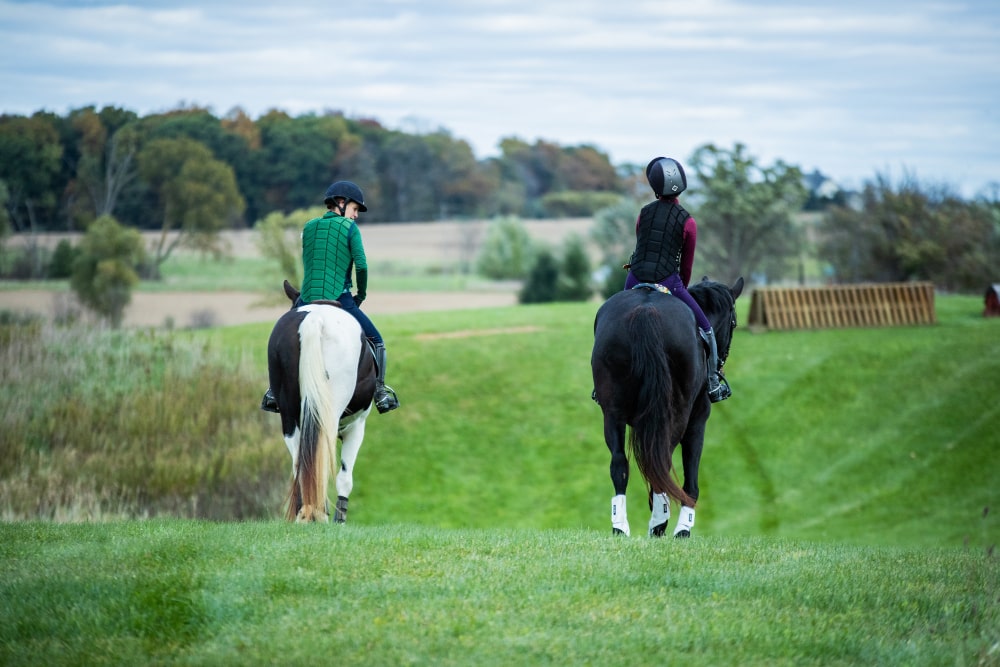
Why racking horses are popular ...
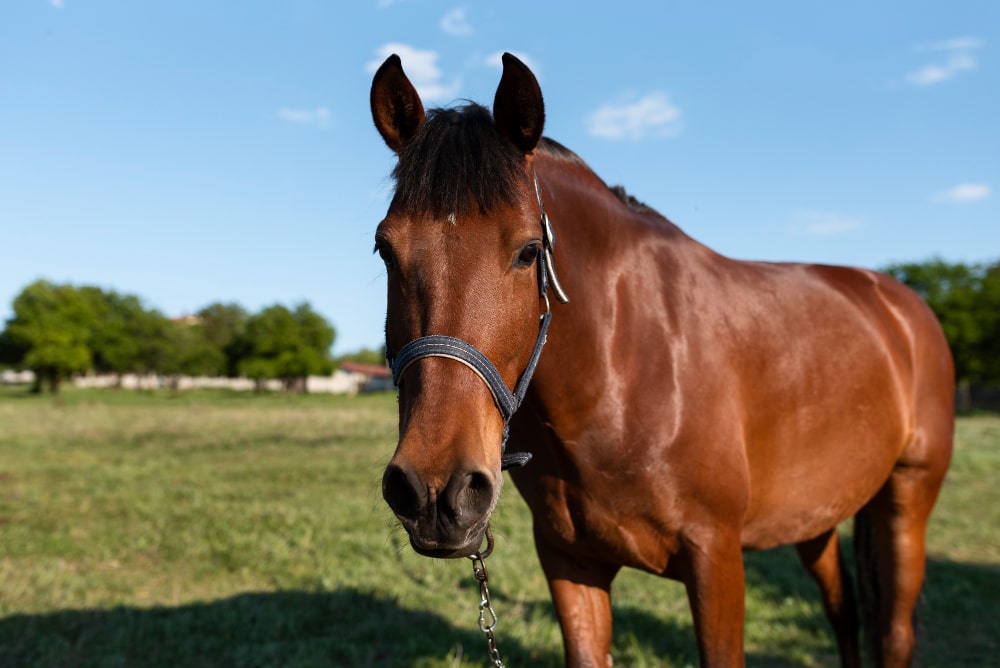
How To Keep Horses Off ...
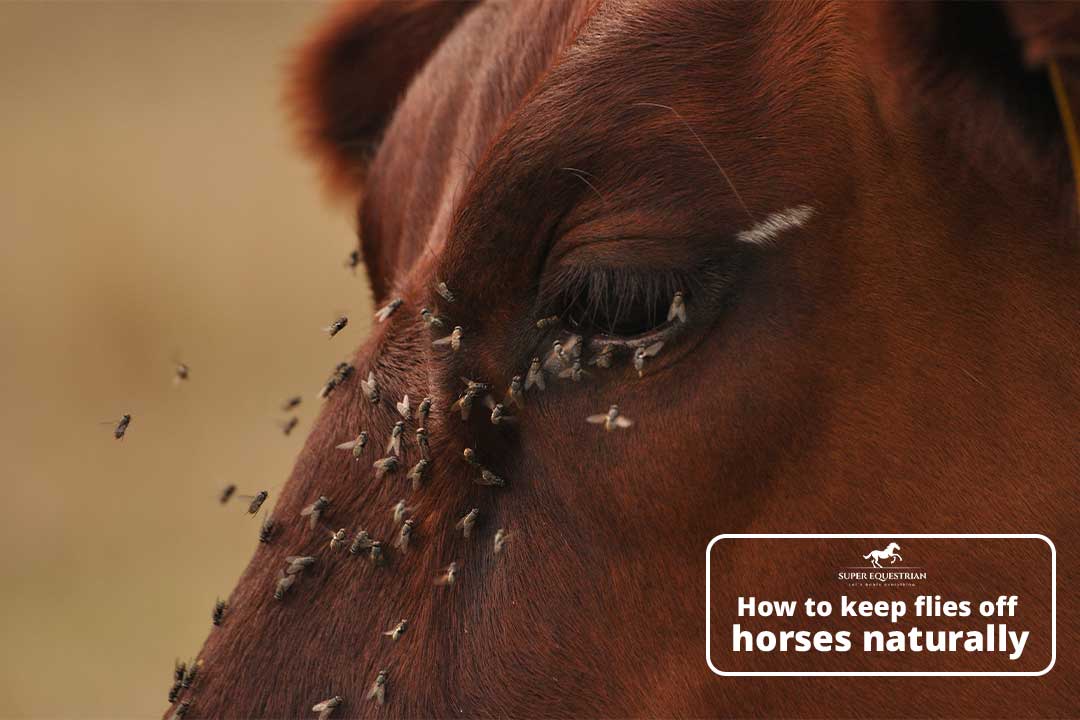
How to Keep Flies Off ...
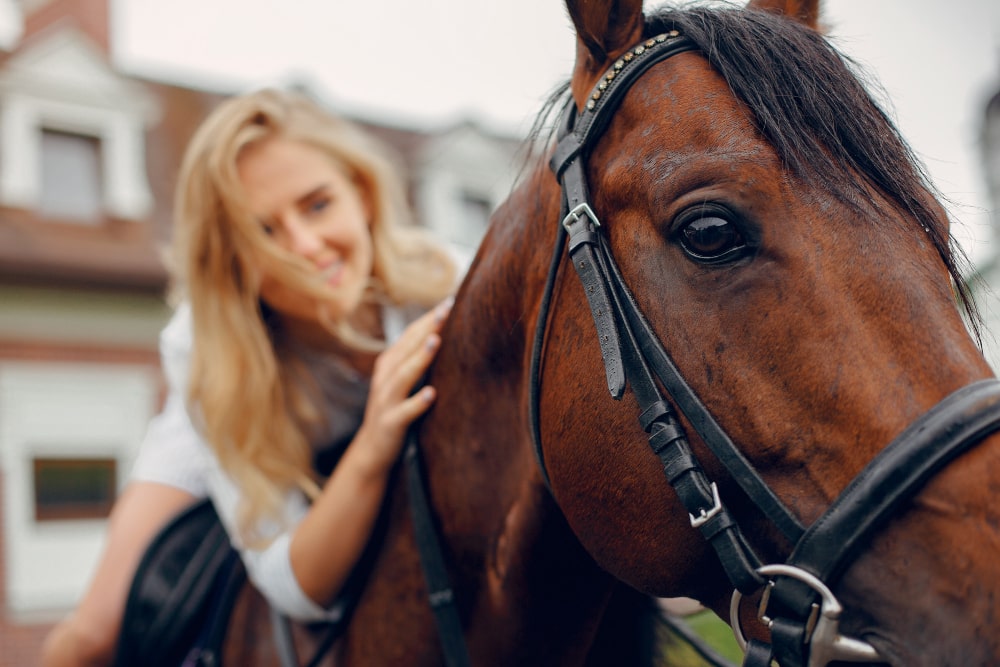
Pros and Cons Using A ...
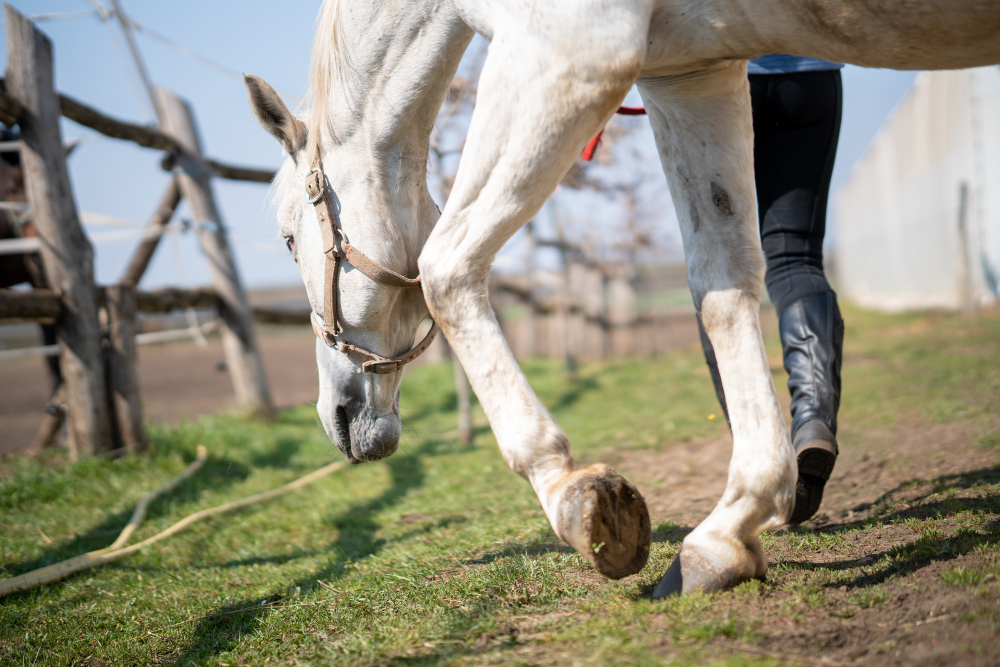
Can you ride a horse ...

Why are Corriente saddles so ...
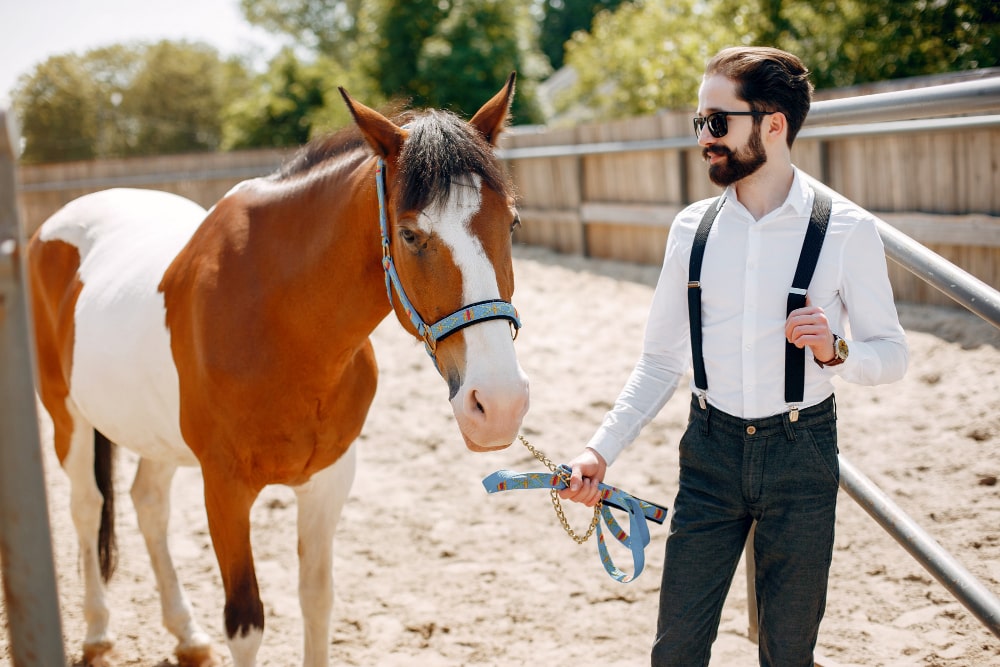
Pros and cons of equine ...
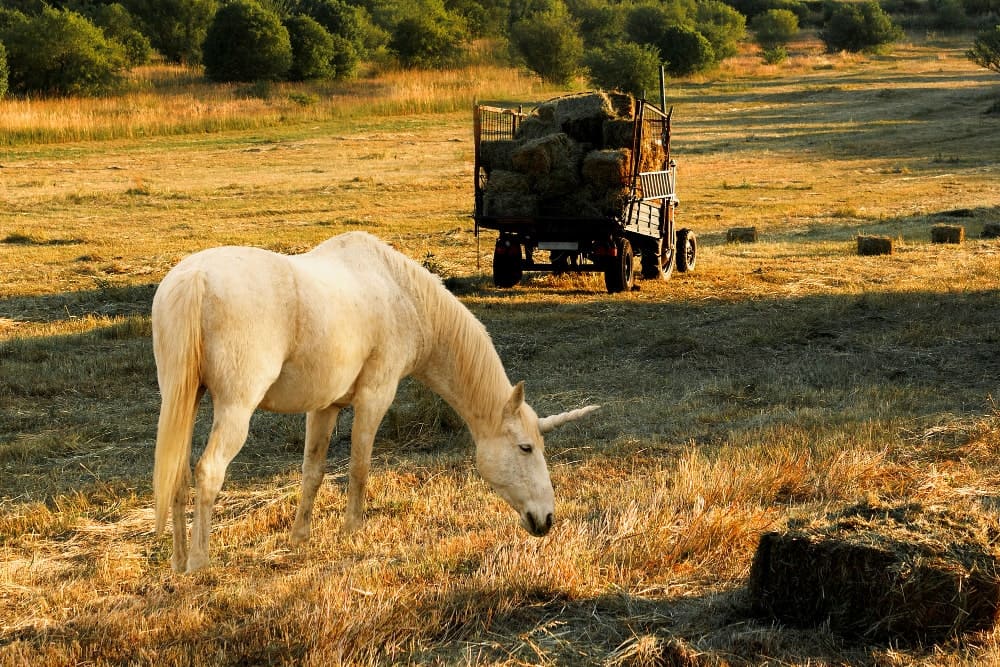
How Long After Mowing Can ...

How to Care for a ...
.jpg)
Why Do Horses Wear Blinders: ...
.jpg)
How to fit an exercise ...

Why is my horse bucking ...
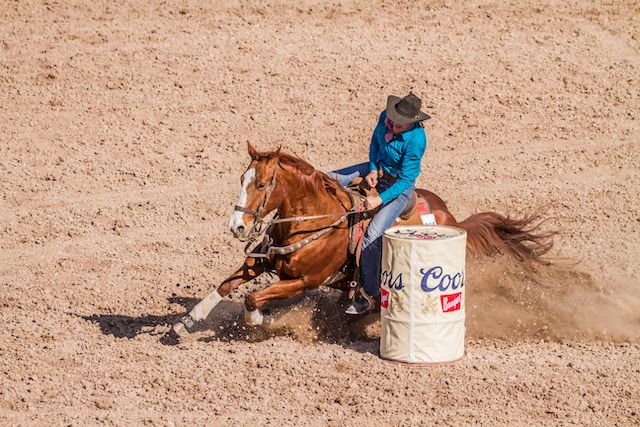
What causes a horse to ...
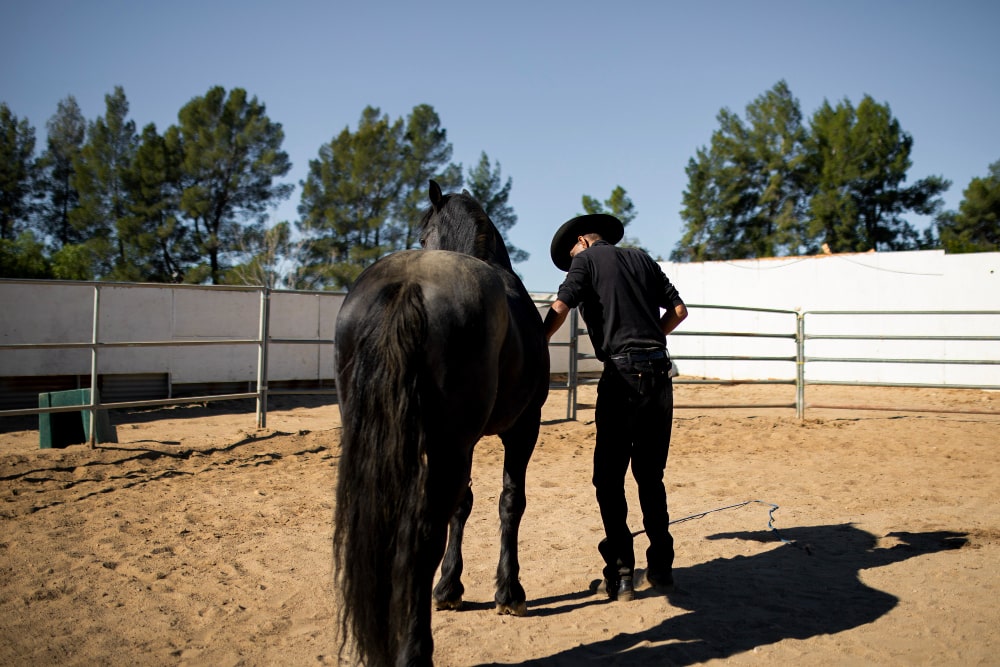
How to Stop a Horse ...
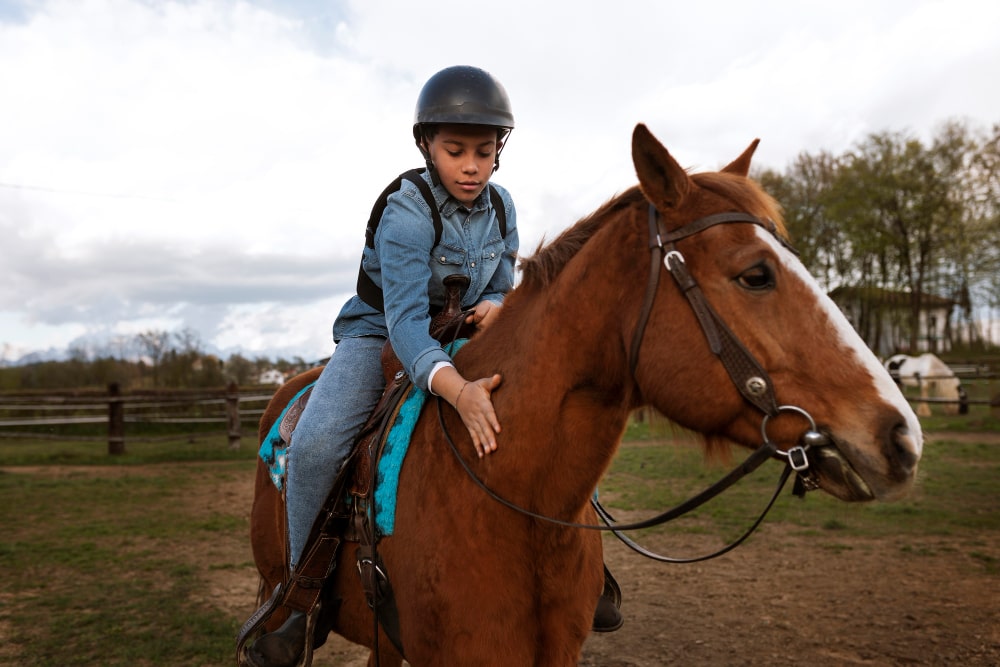
Why Is My Horse Bunny ...
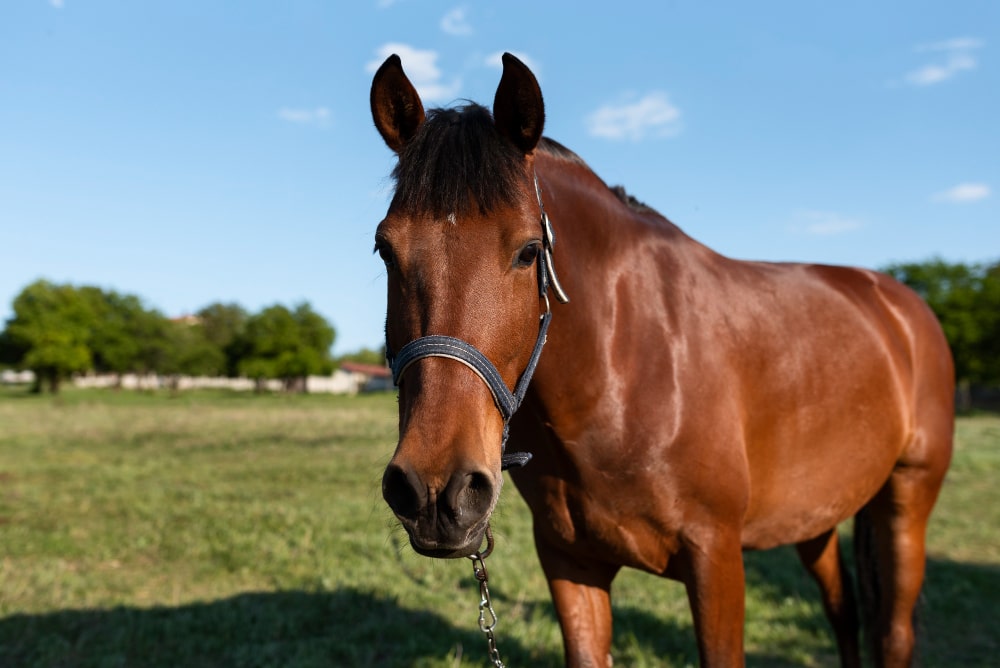
How To Improve Pasture For ...
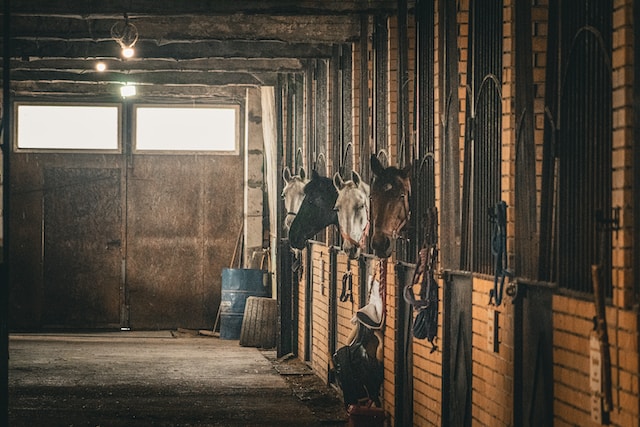
How to get the smell ...

Can you add ramp to ...

What Is The Temperament Of ...
.jpg)
Why Is Friesian Horse Hair ...
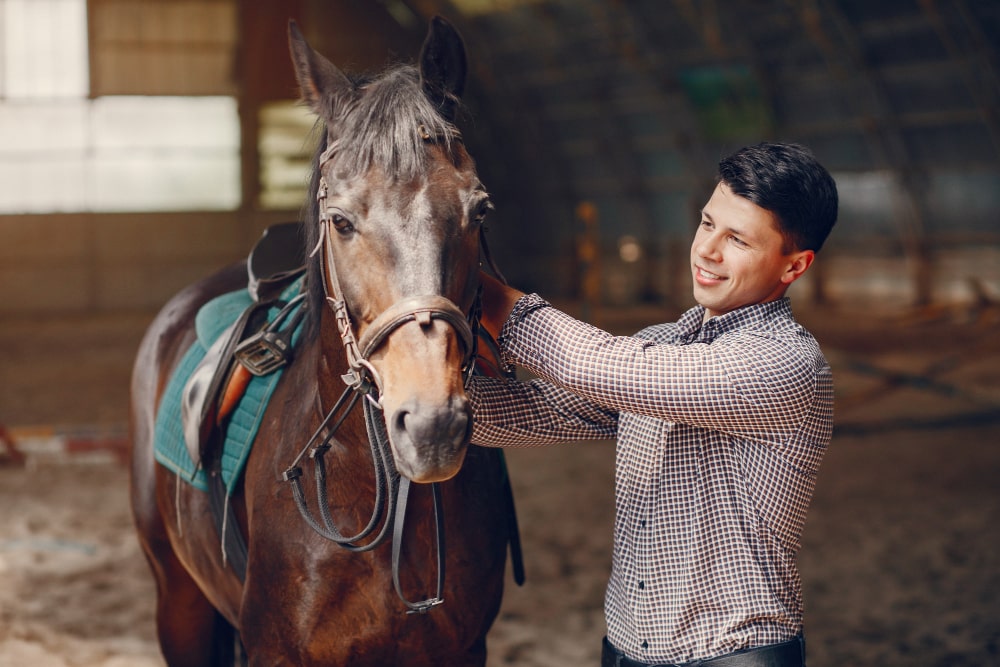
Why is my horse testing ...
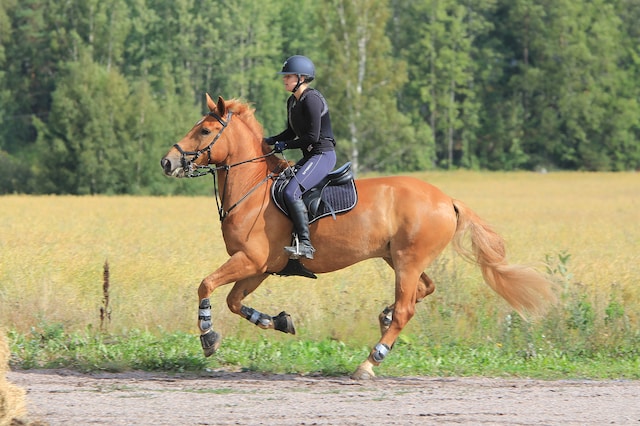
How often you should take ...

How long does it take ...
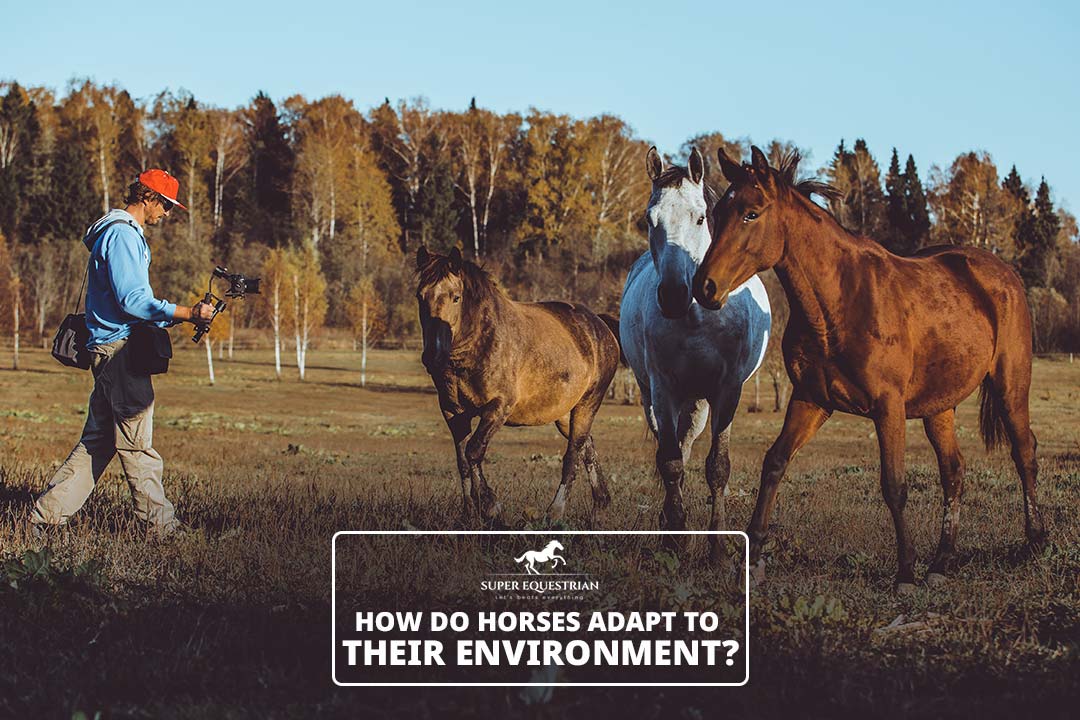
How do horses adapt to ...

How To Prepare For A ...
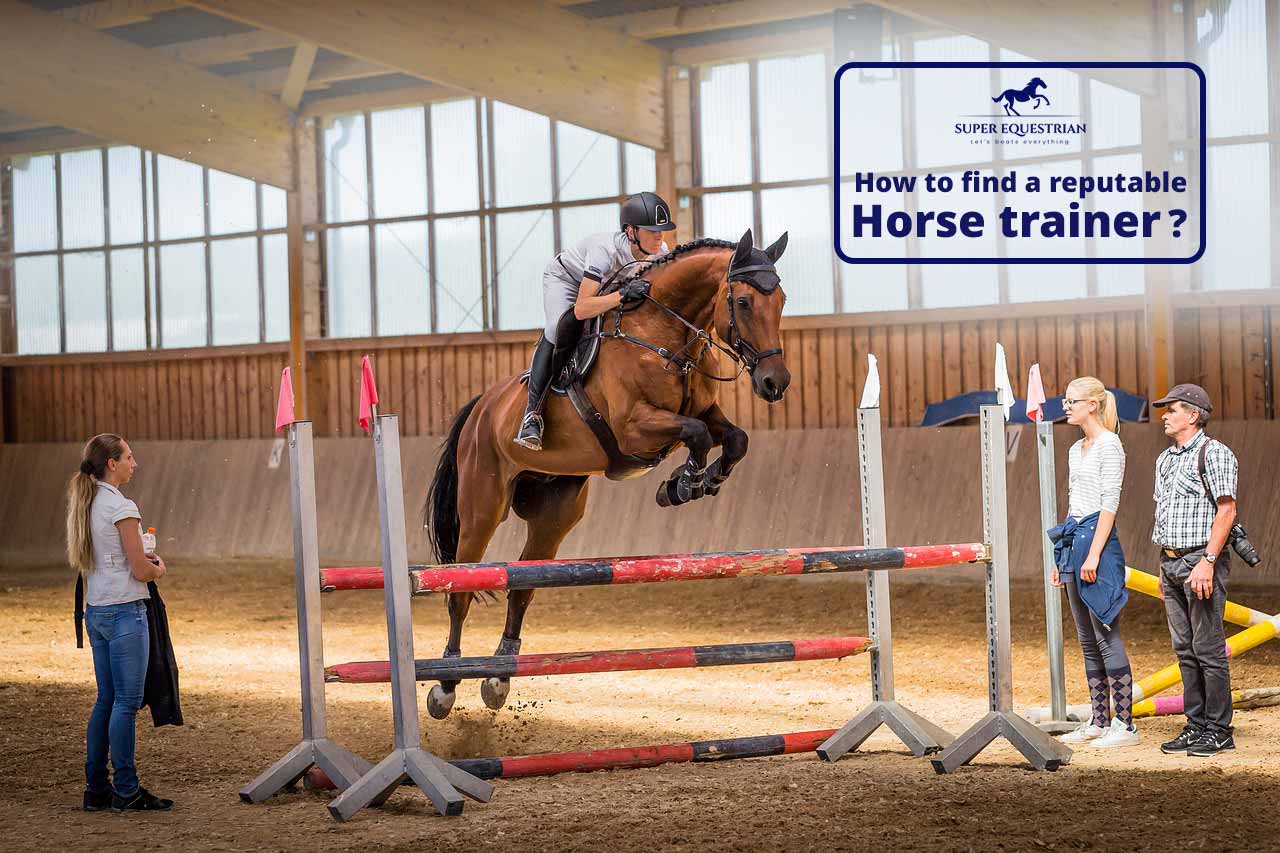
How To Find A Reputable ...
.jpg)
Do Horses Get Medals at ...

How to create a horse-...